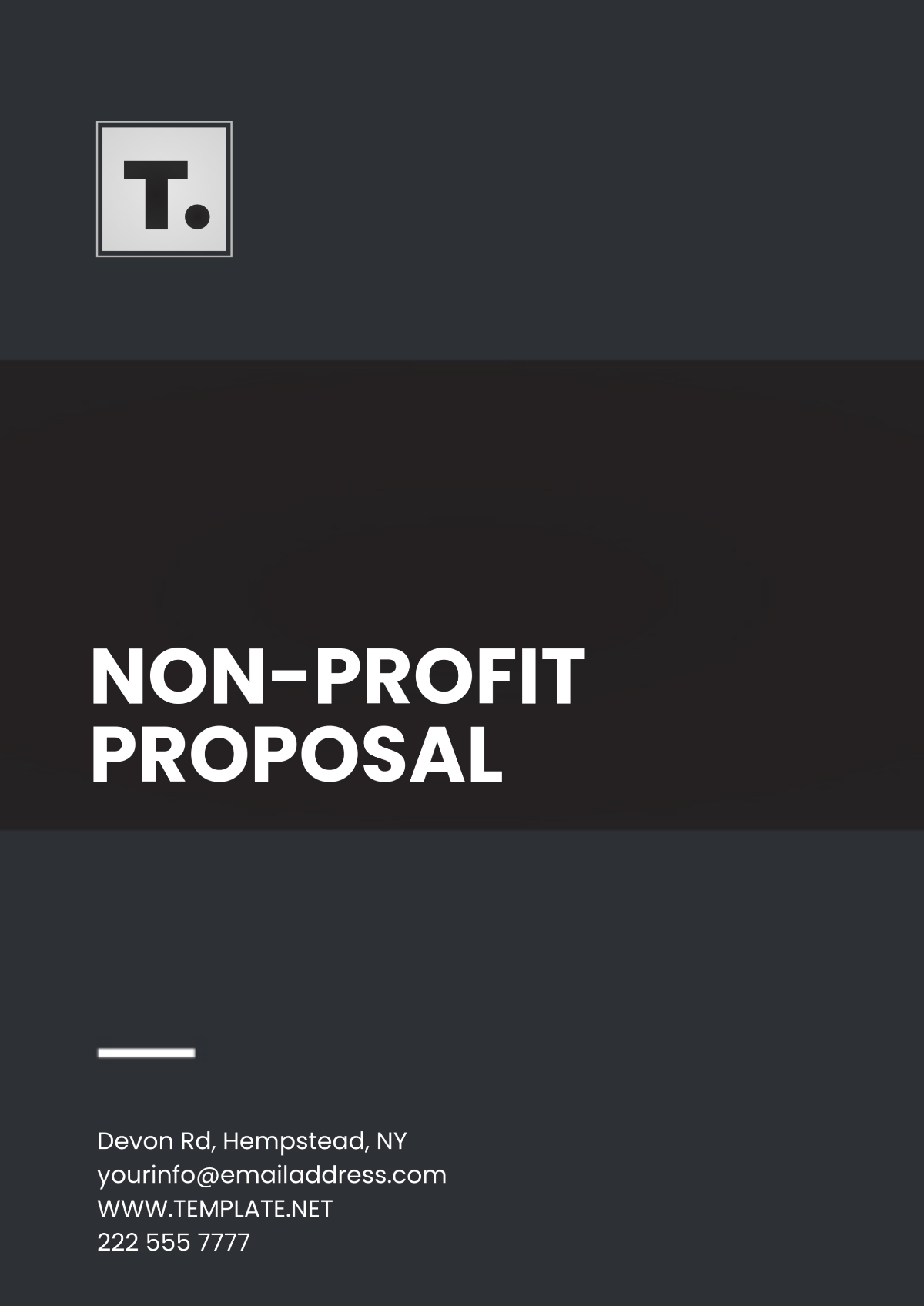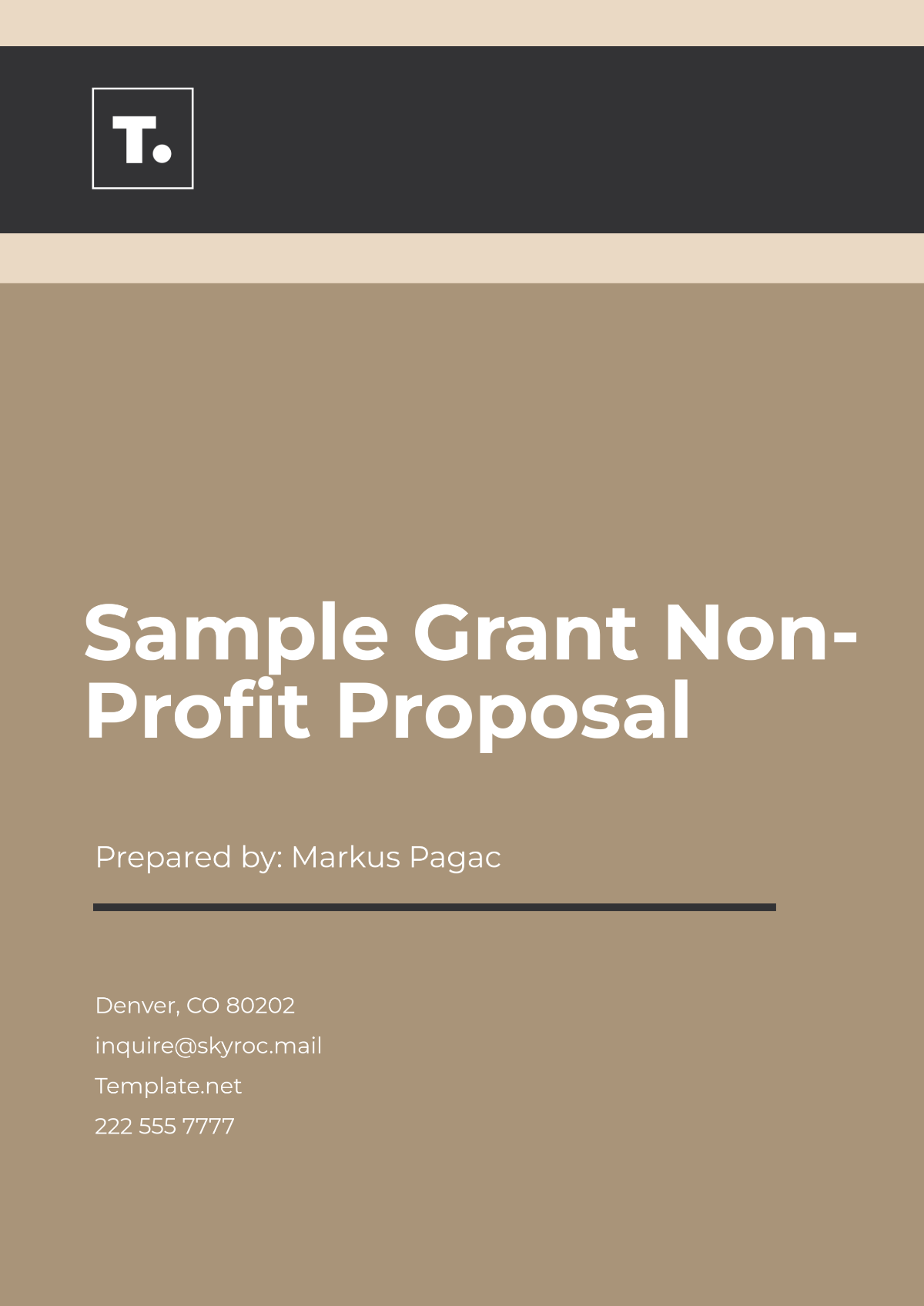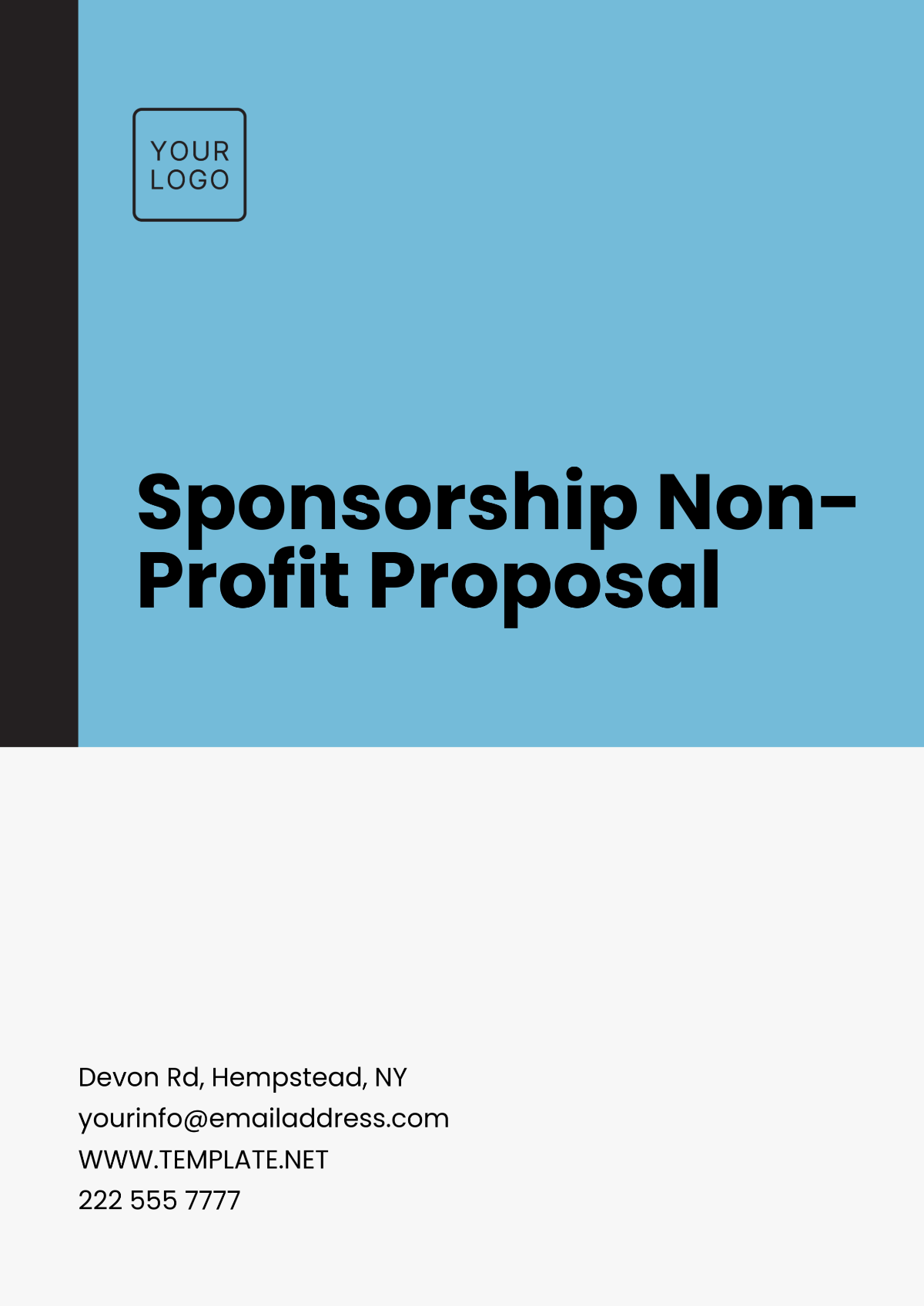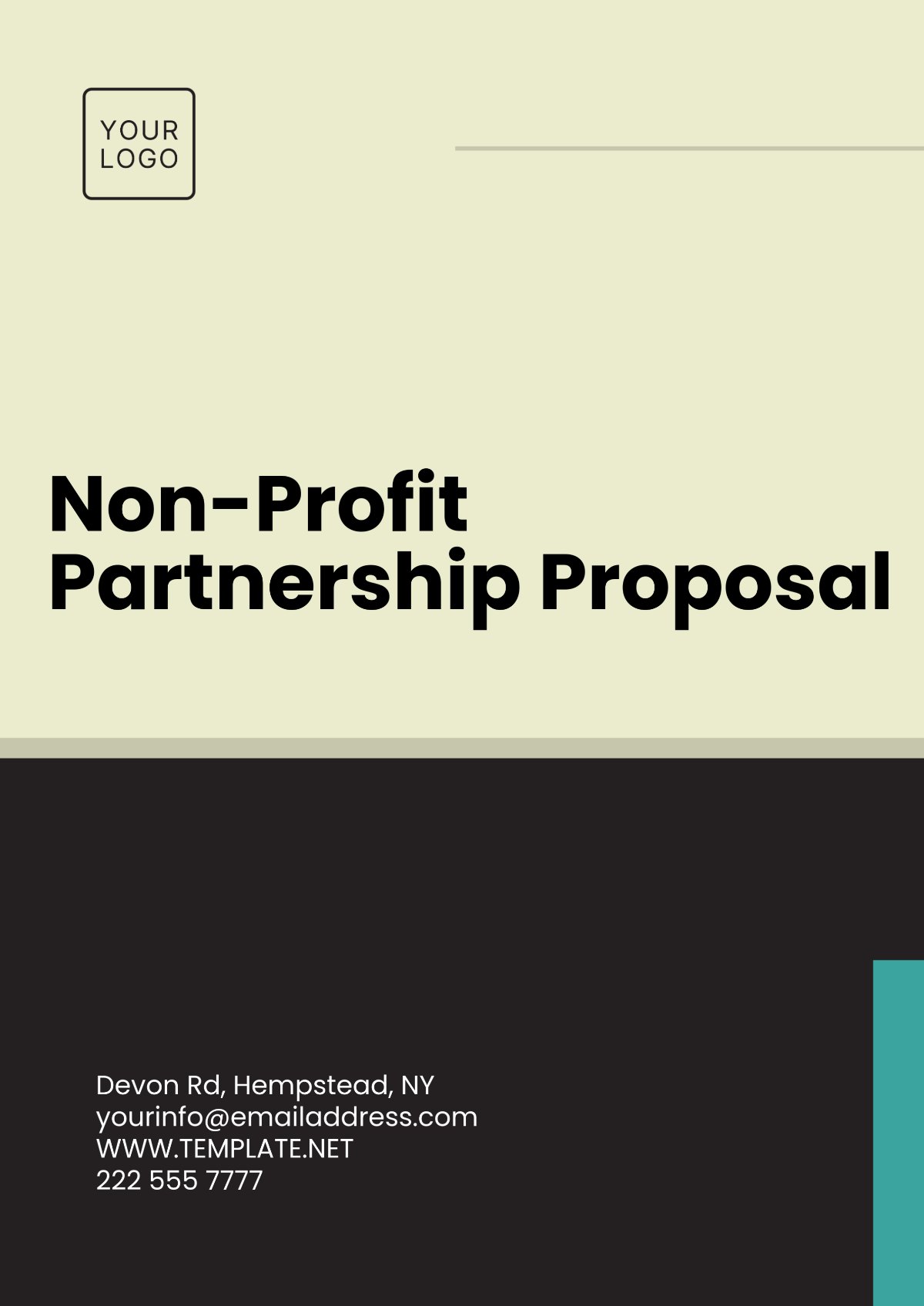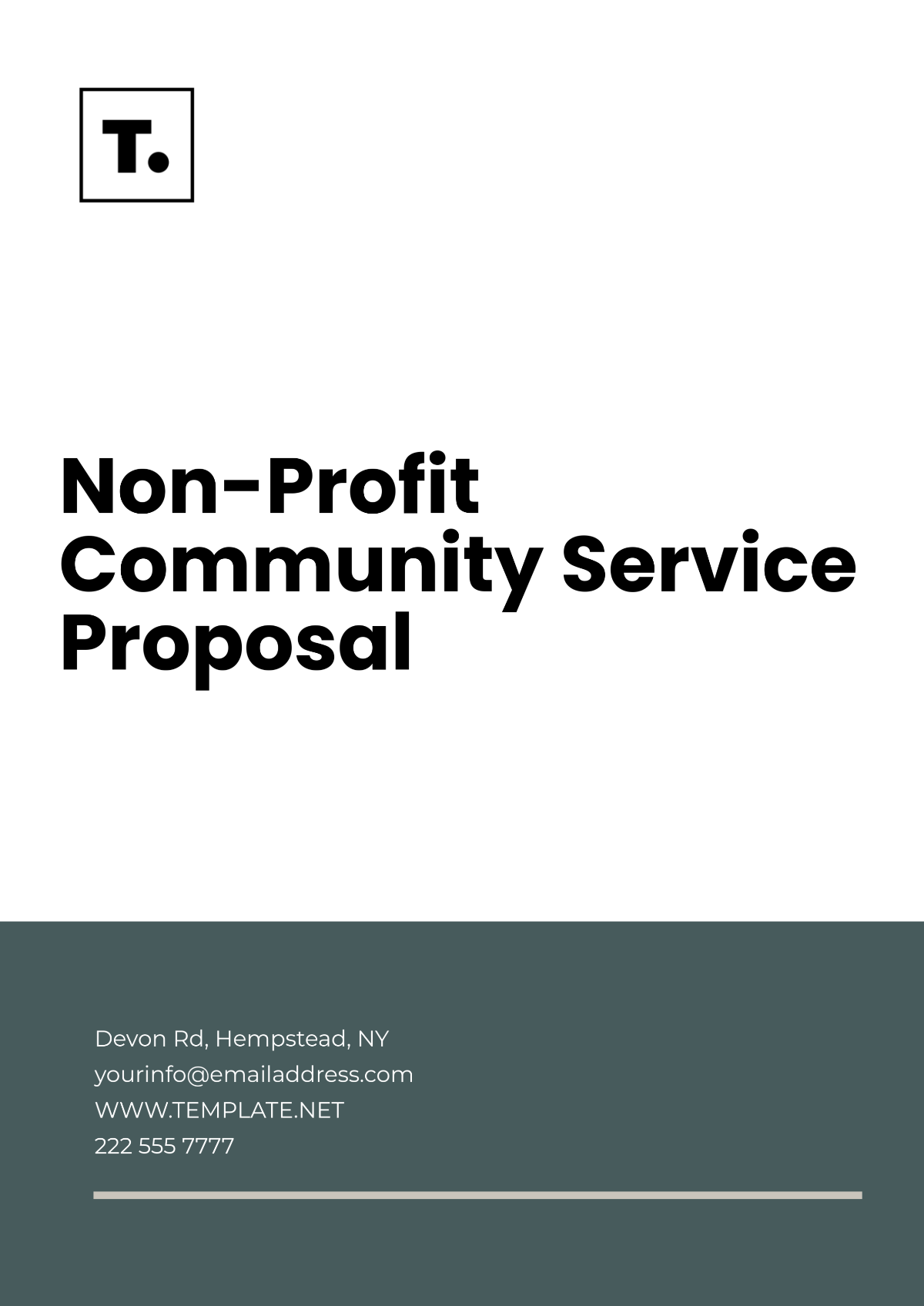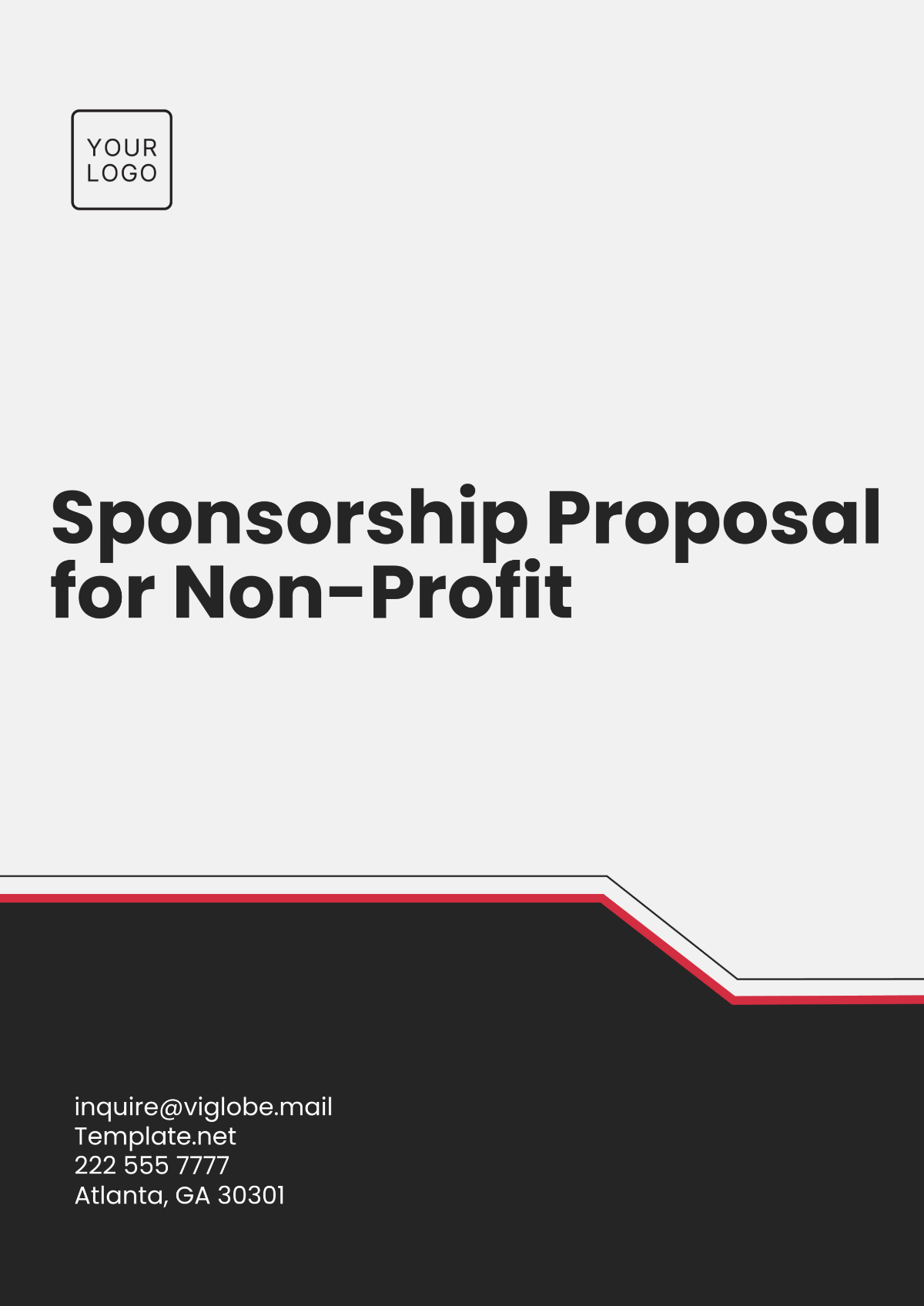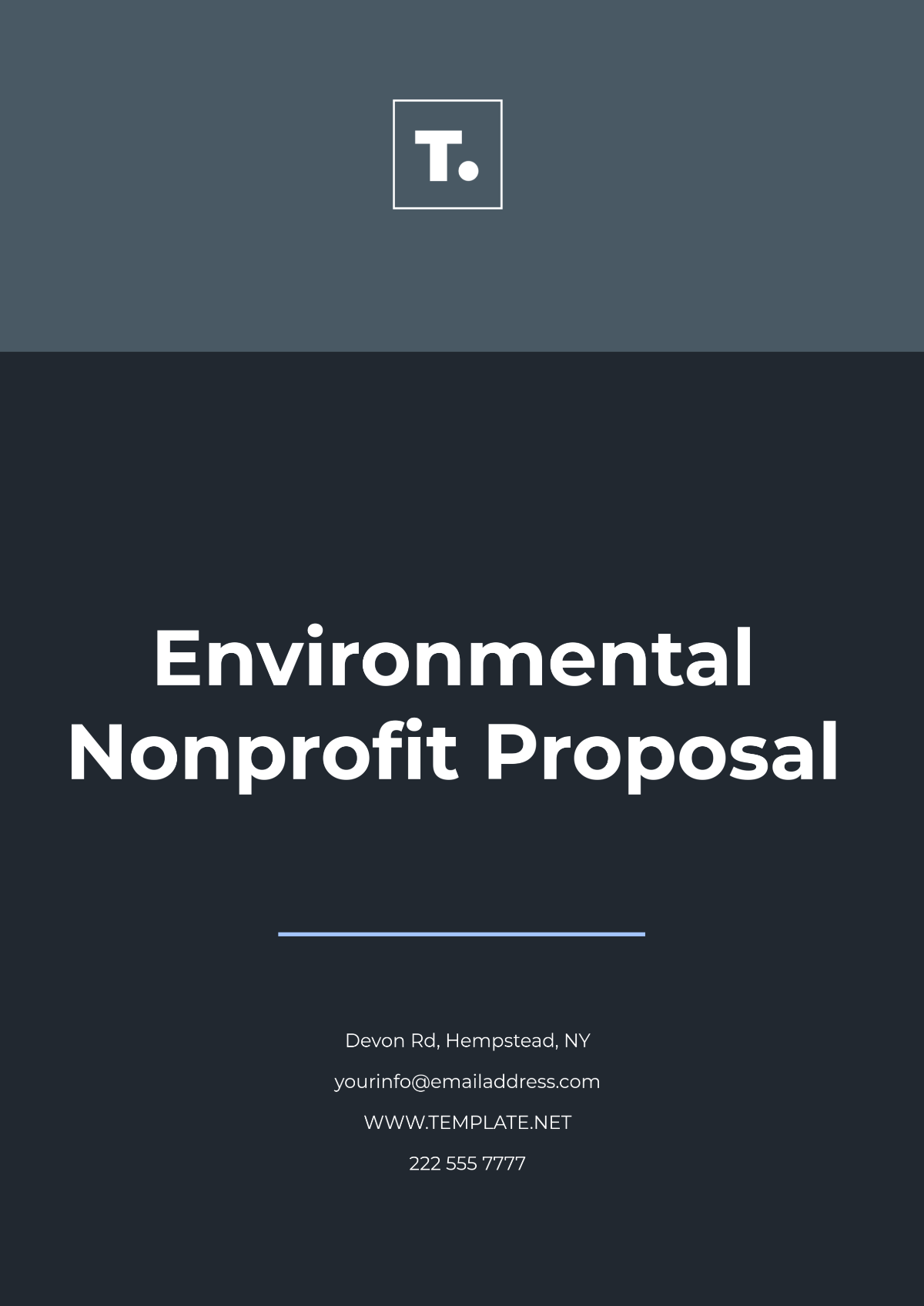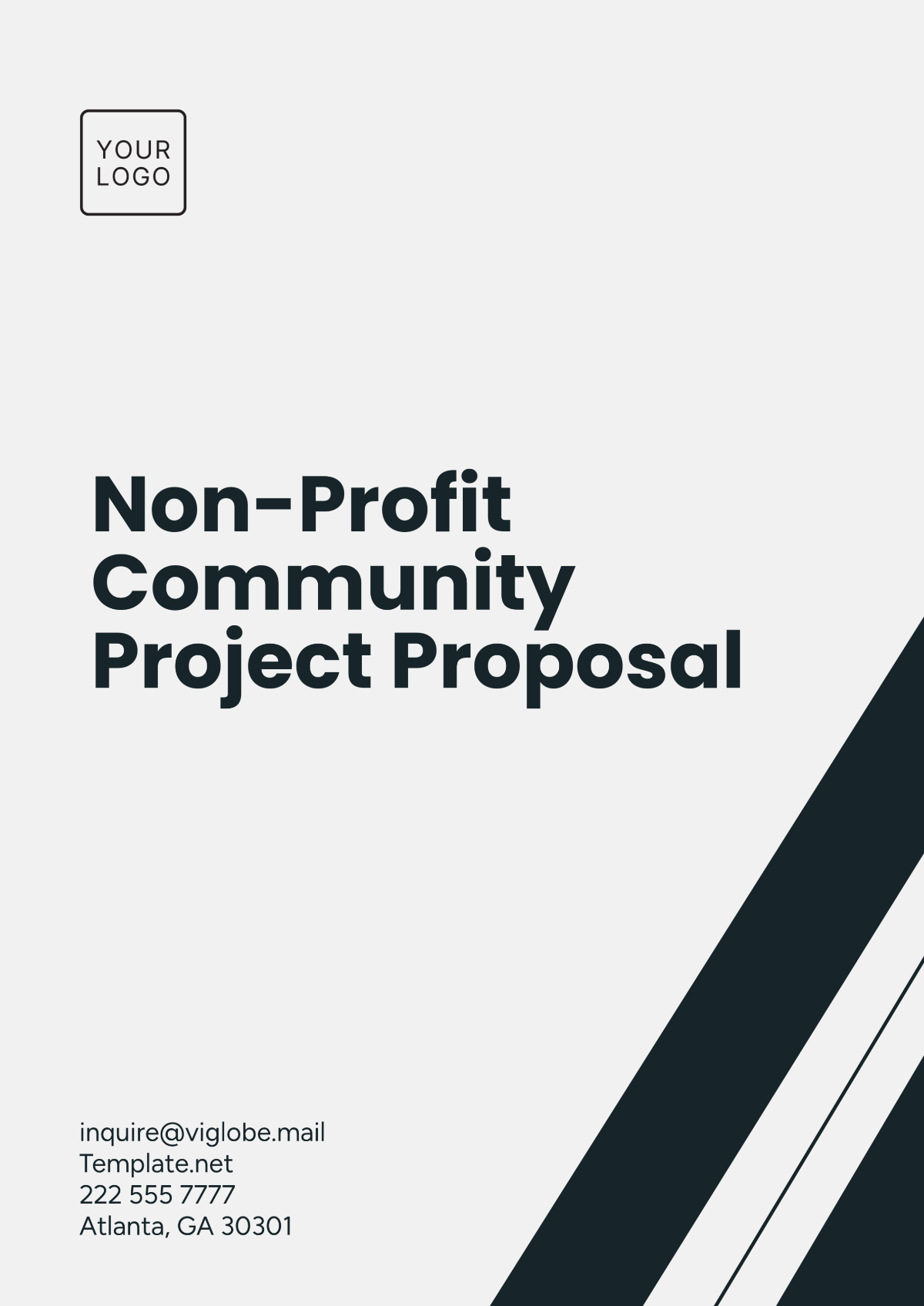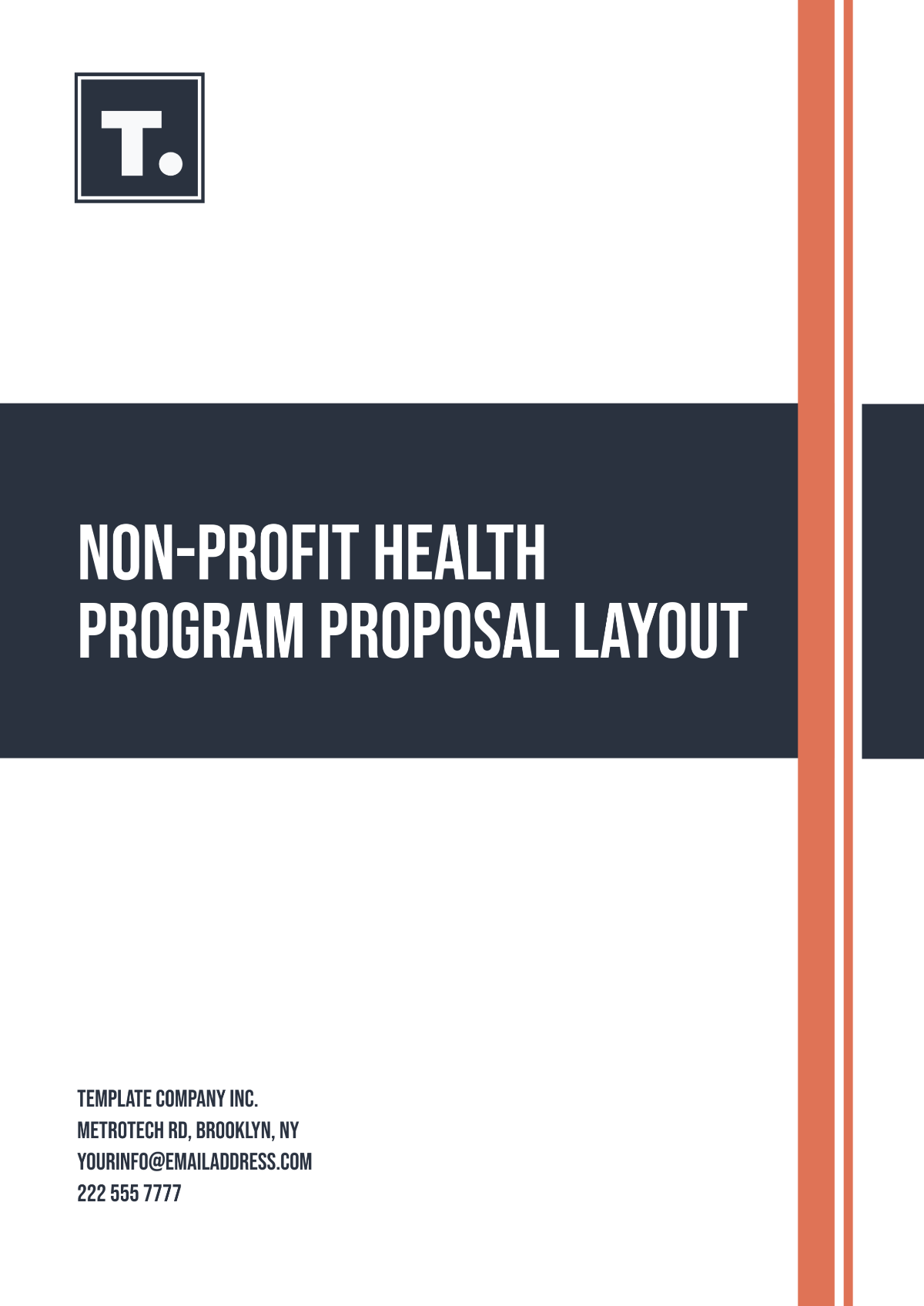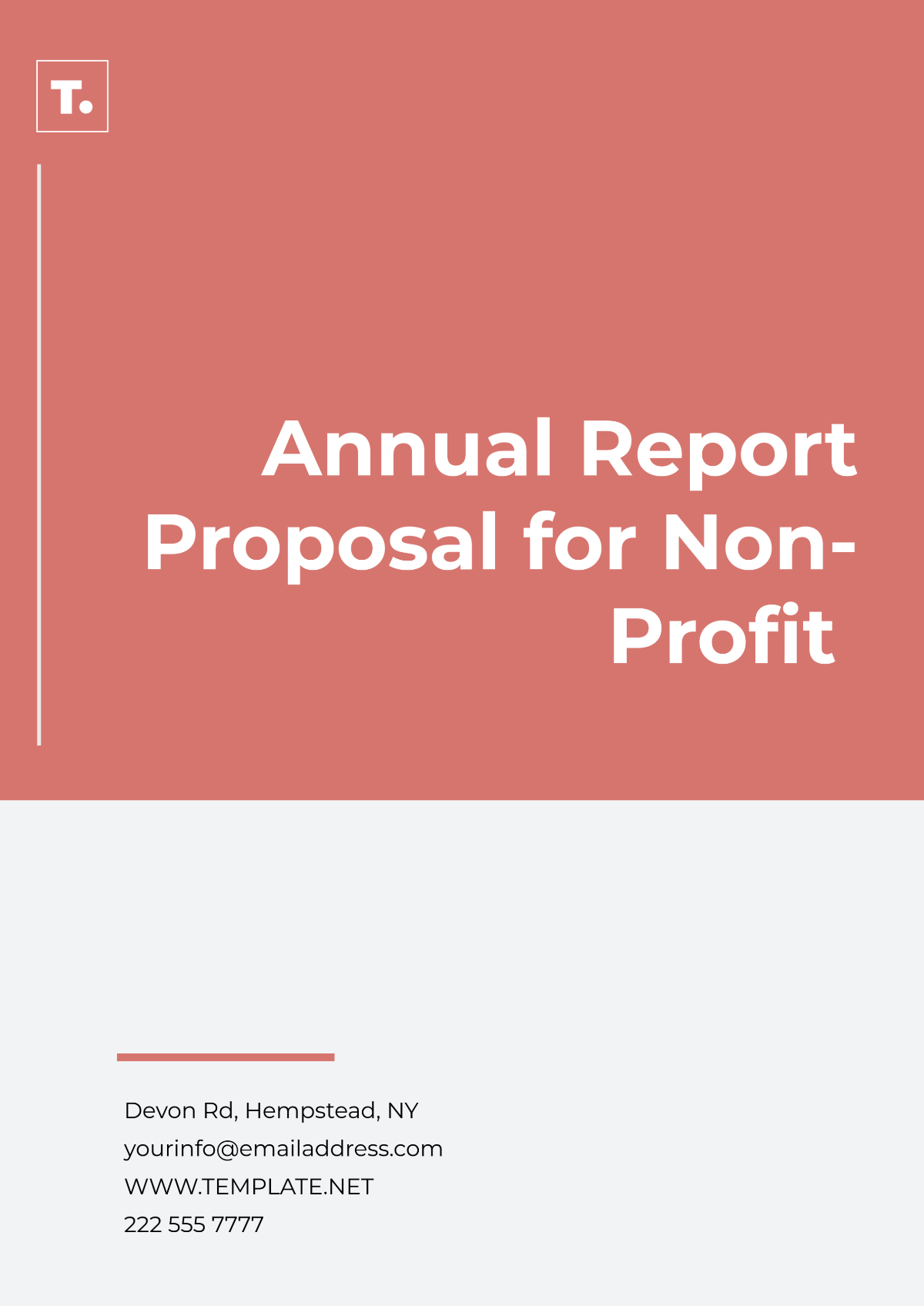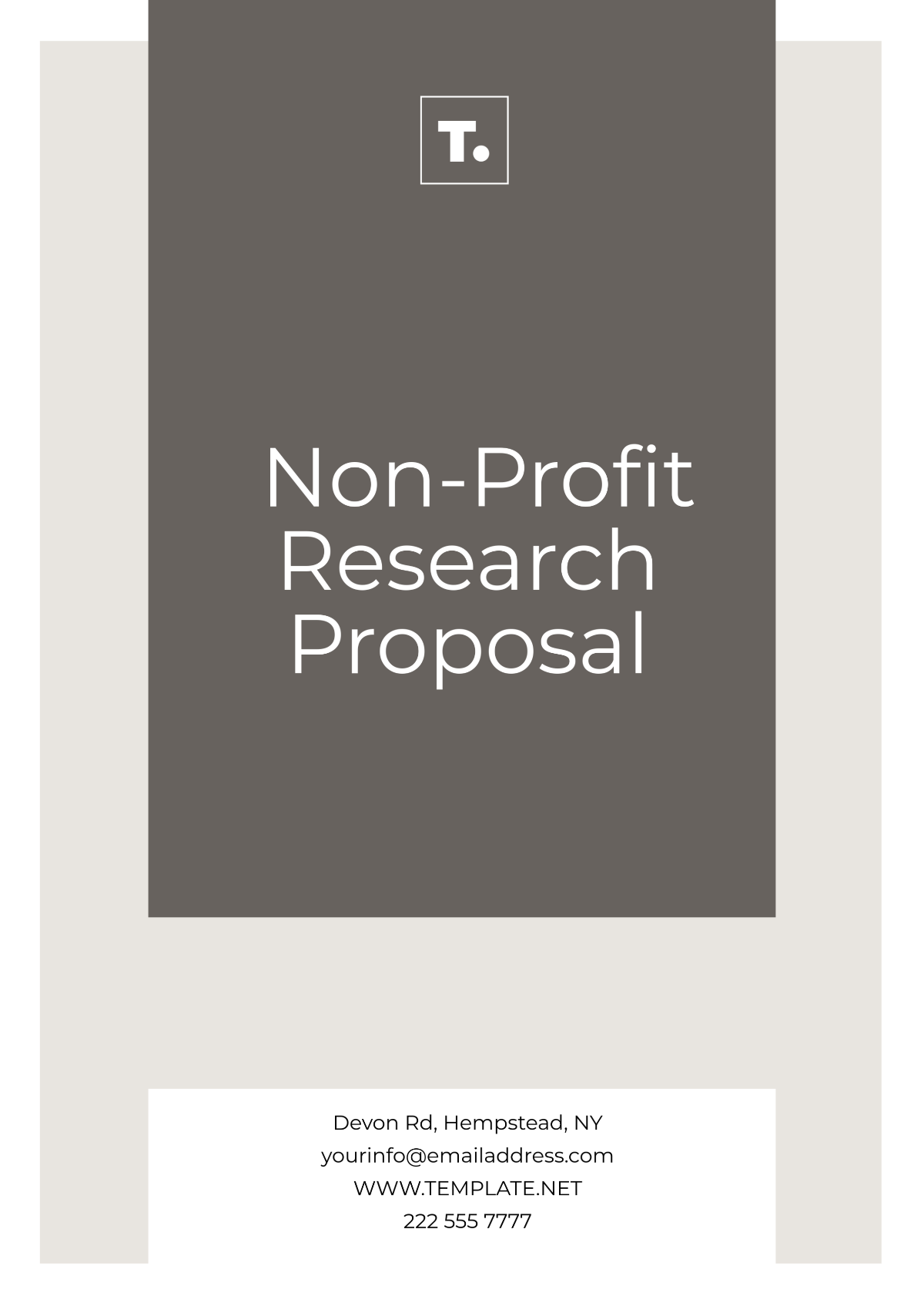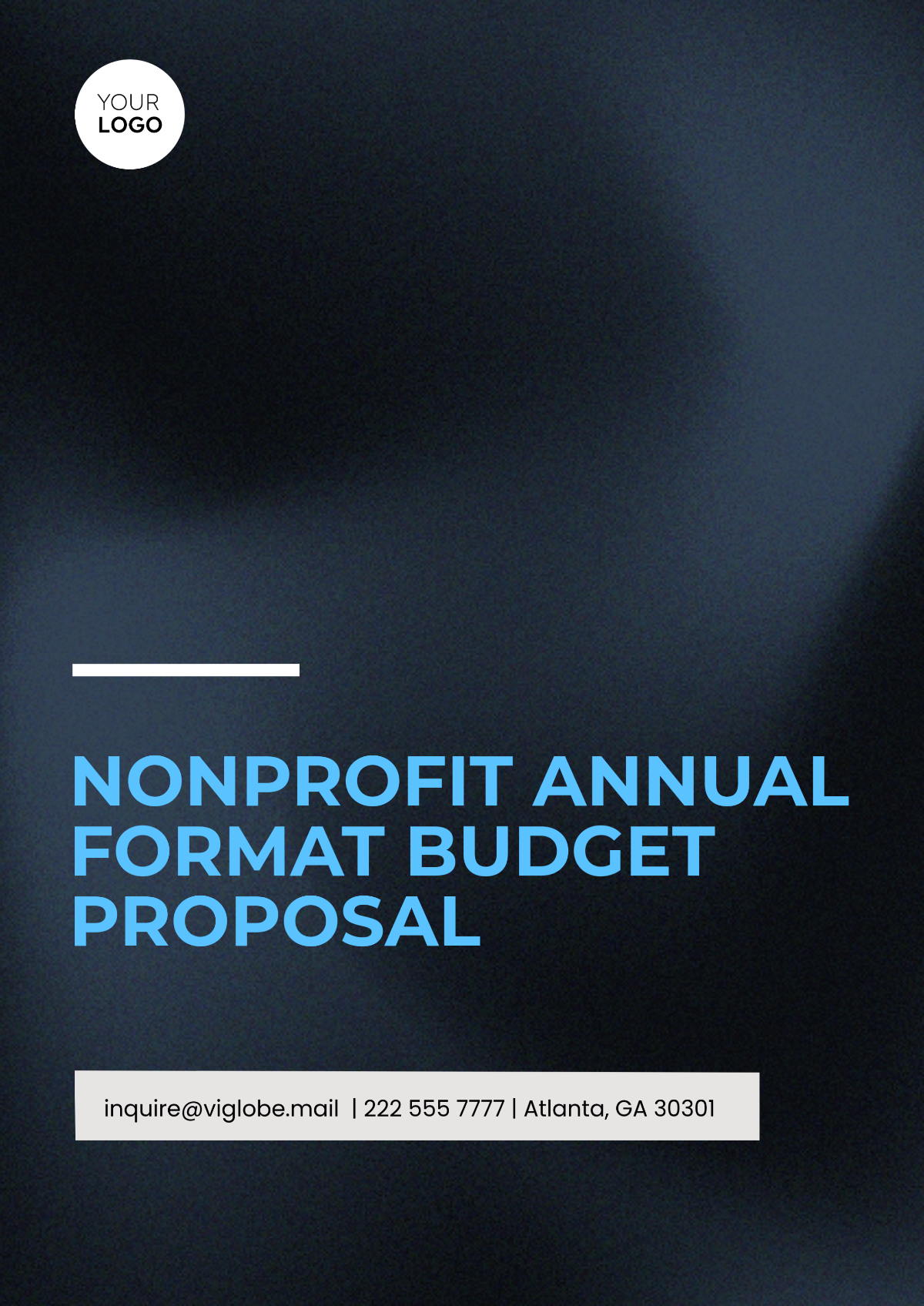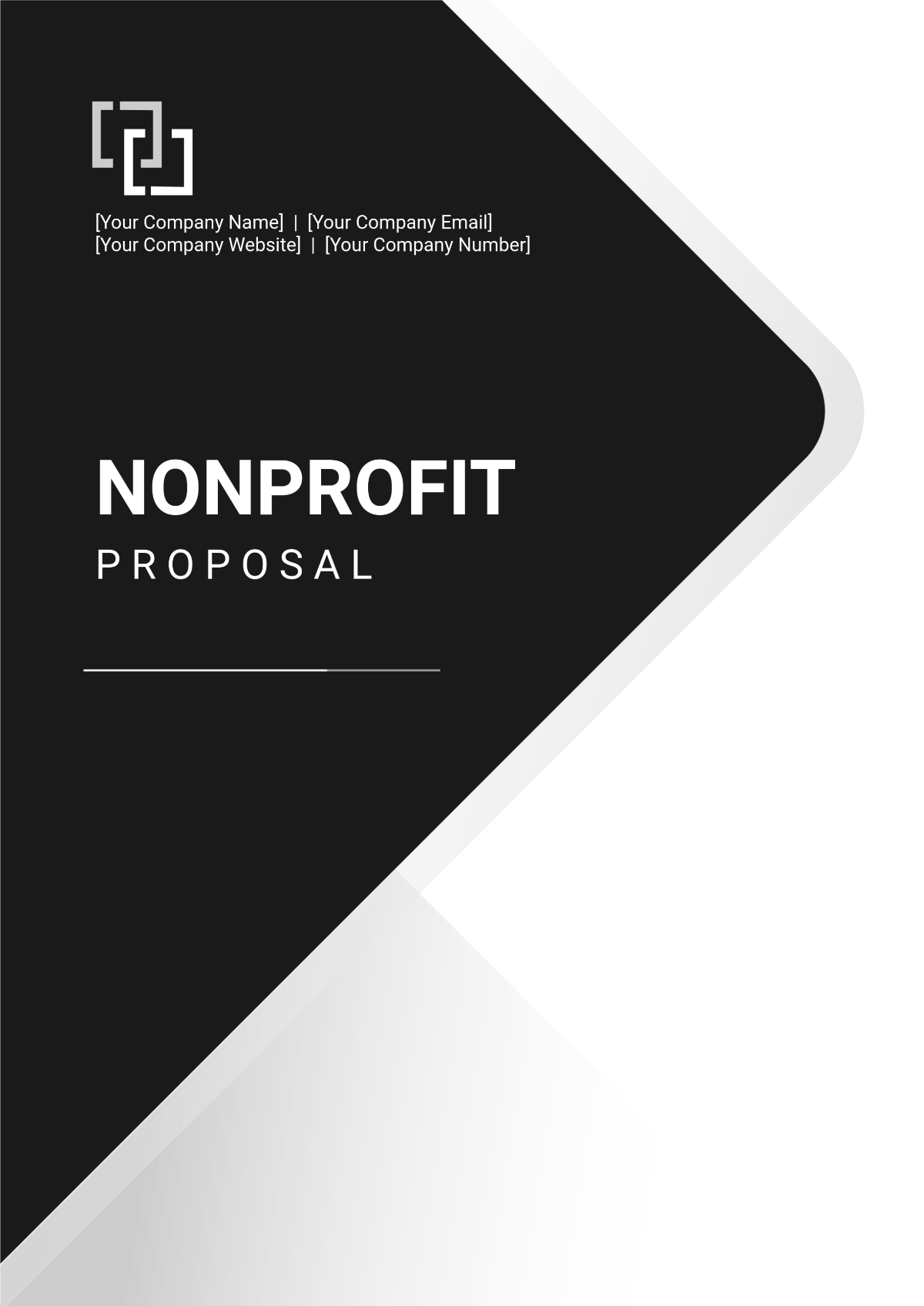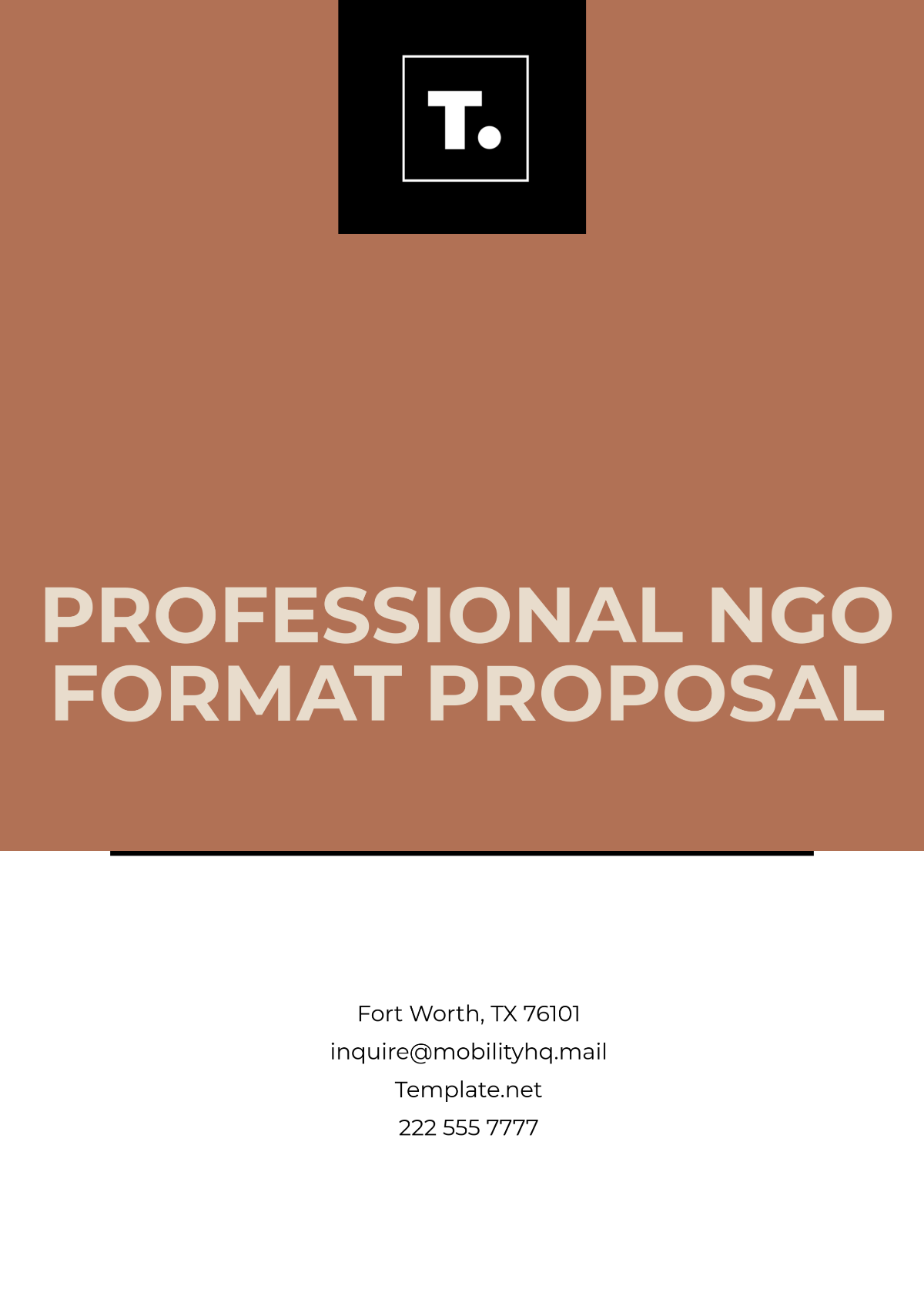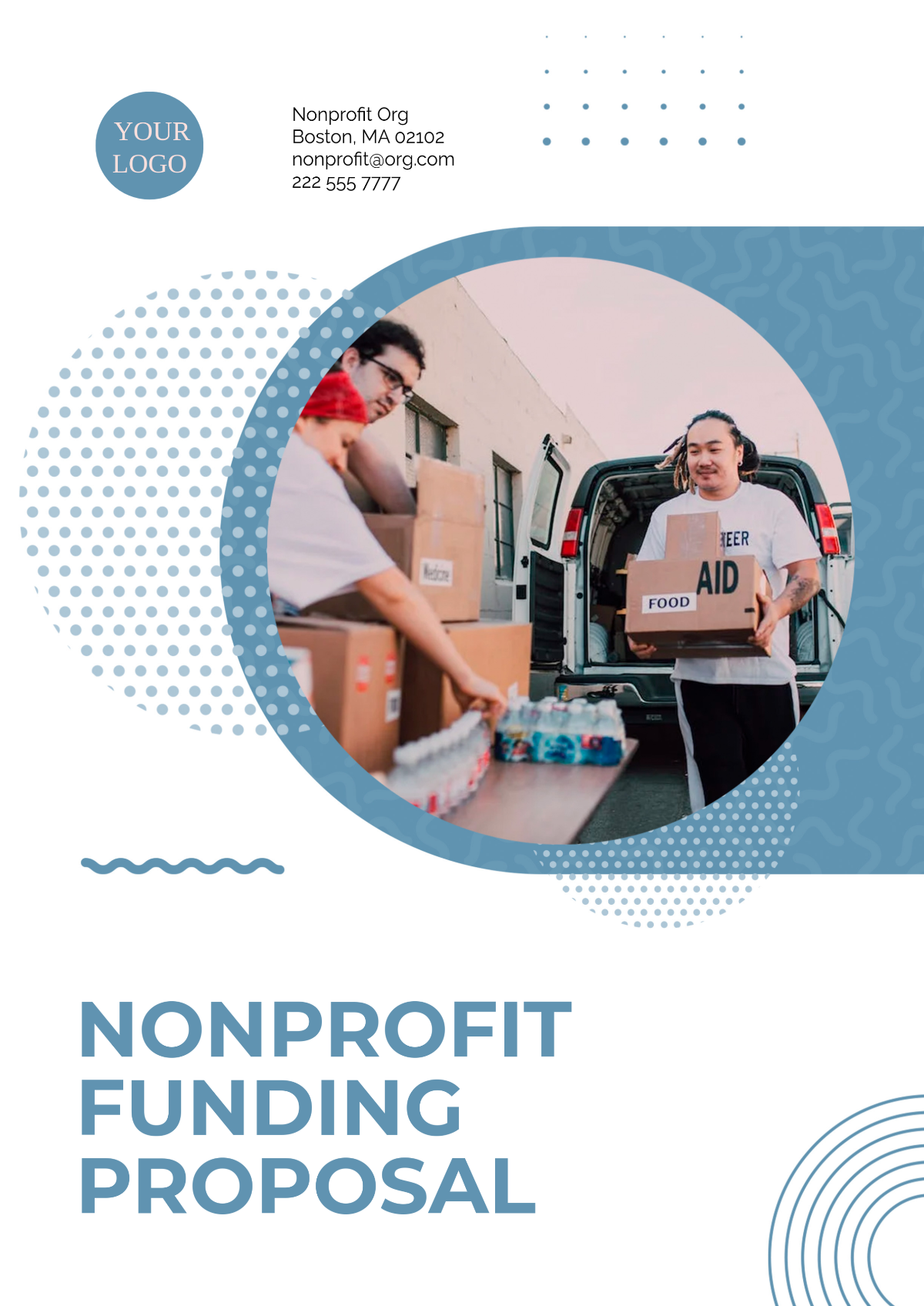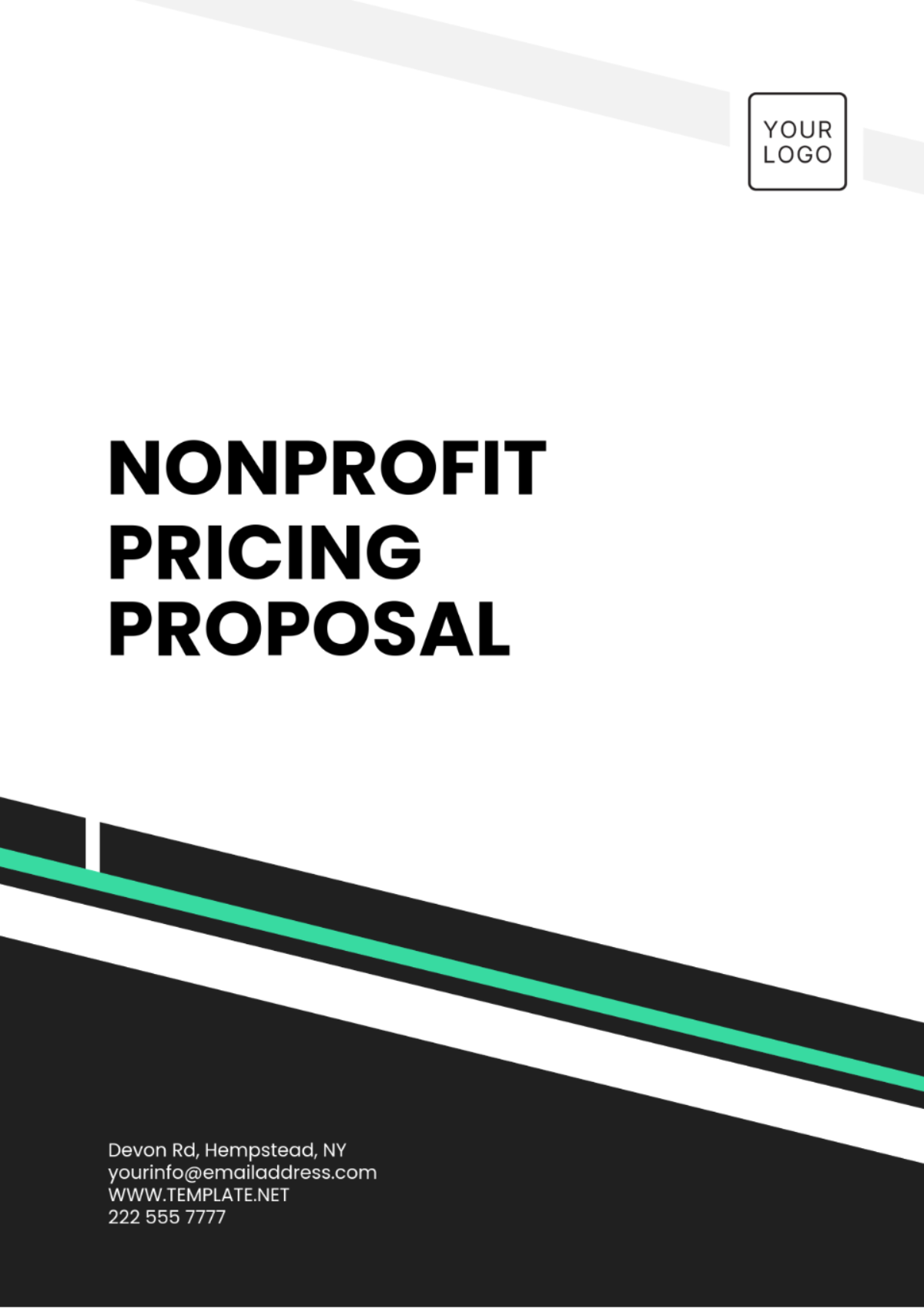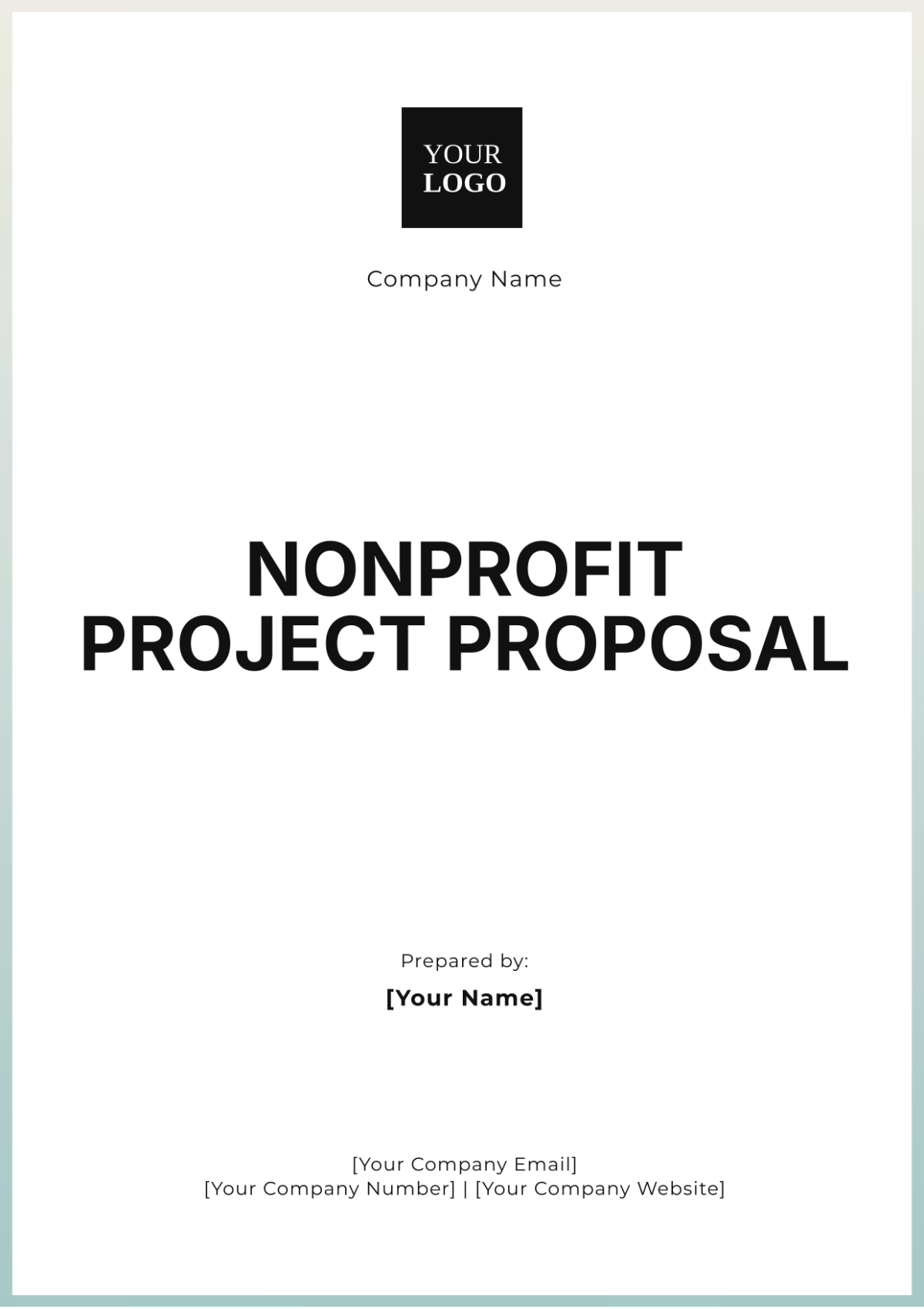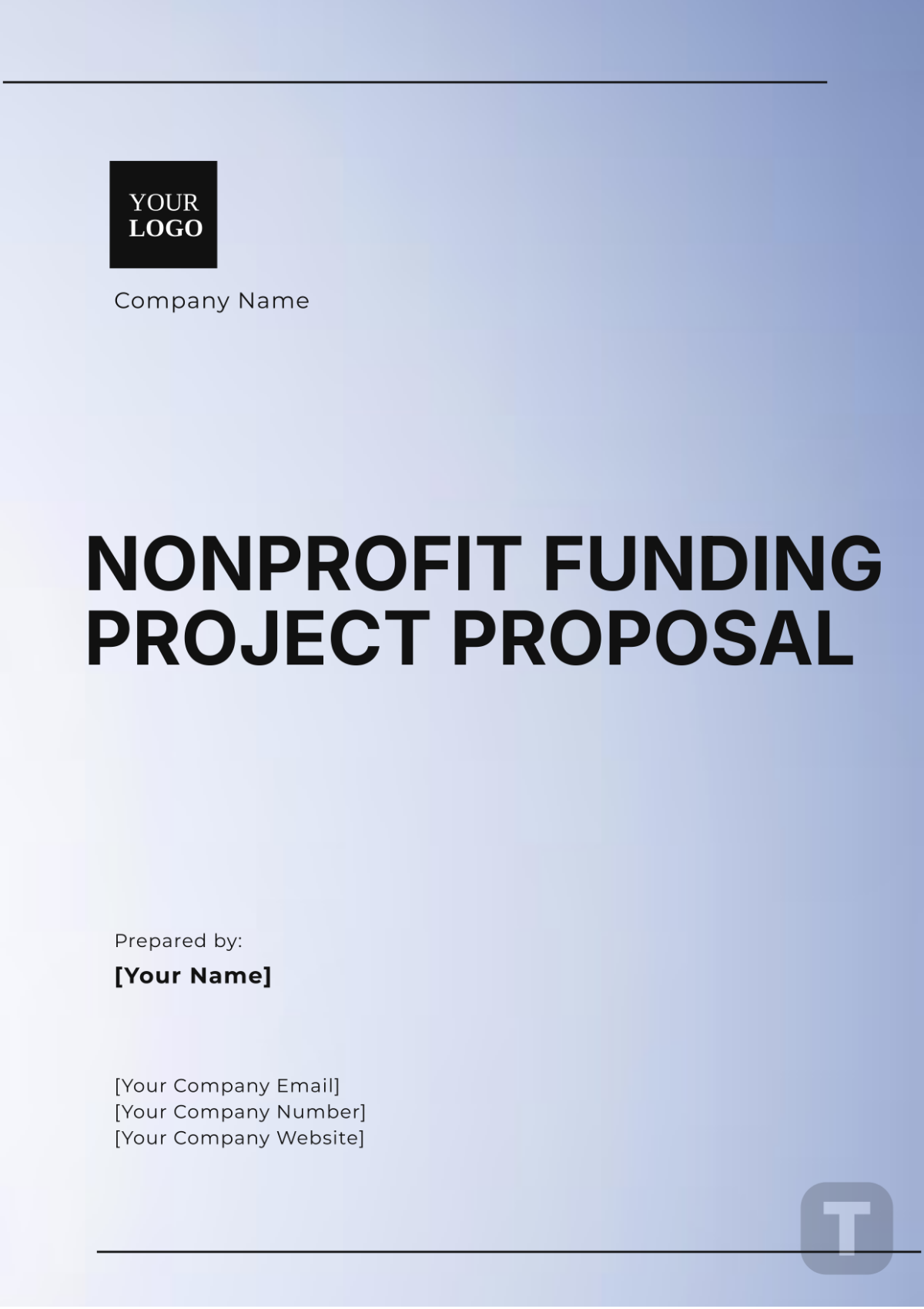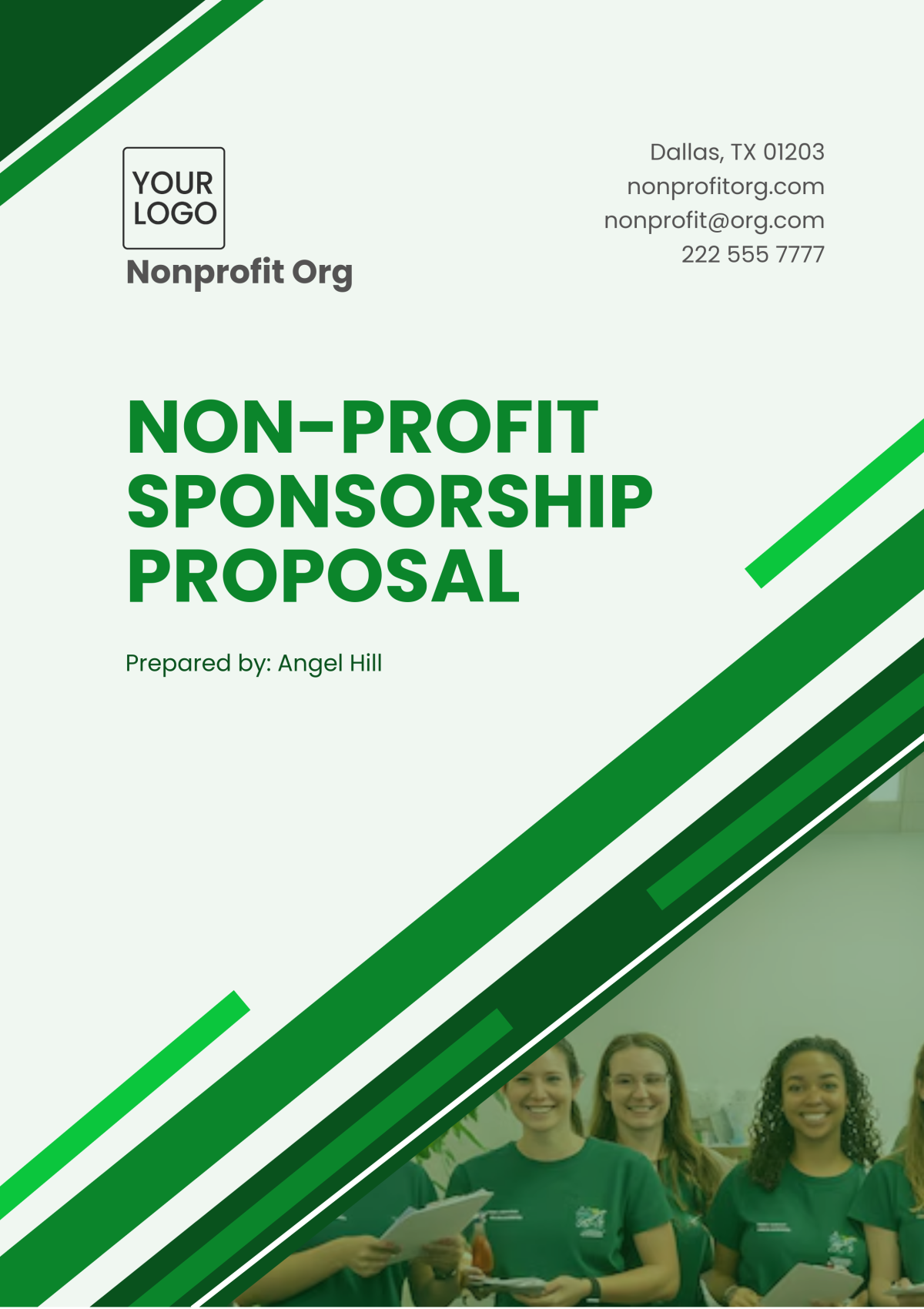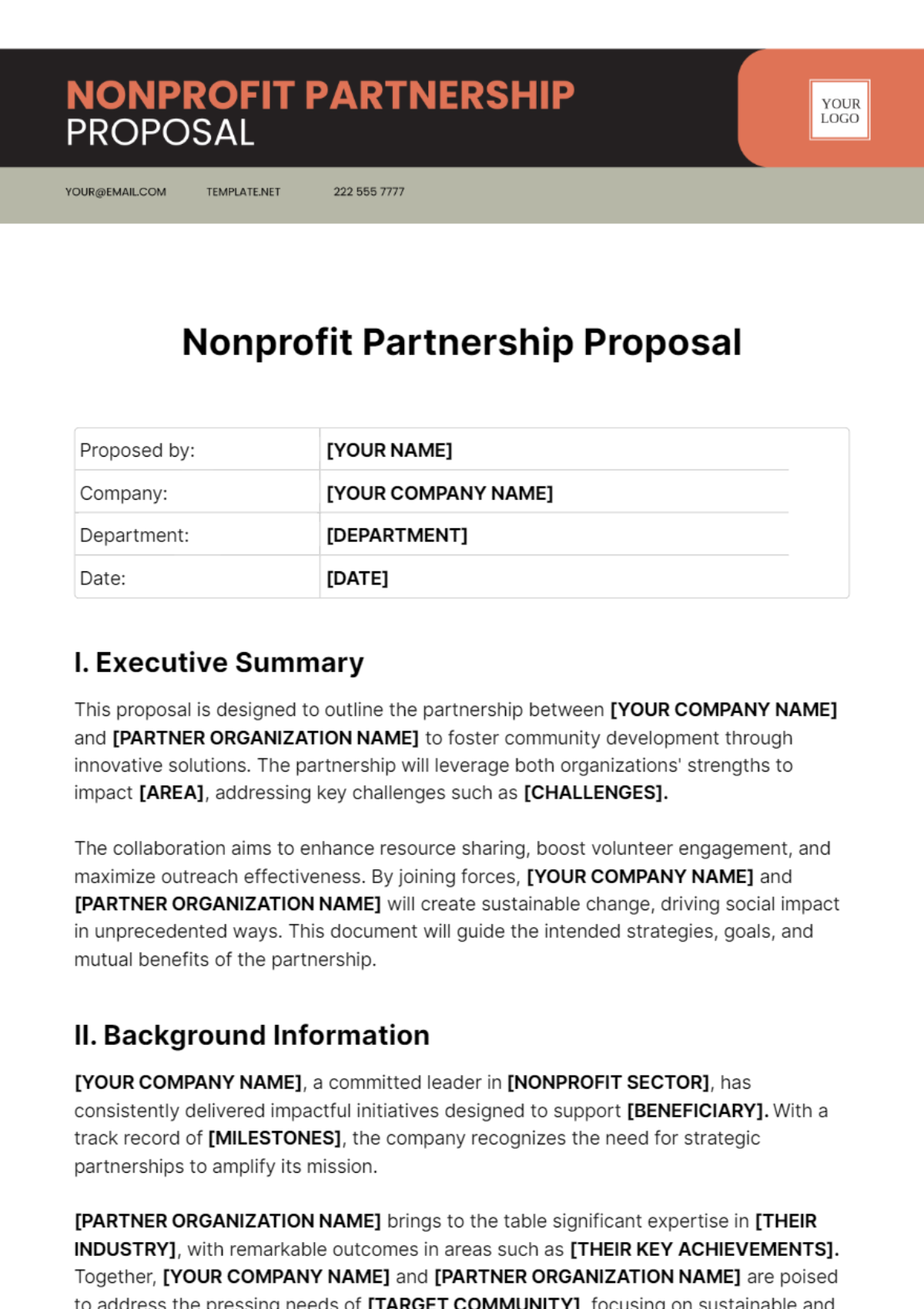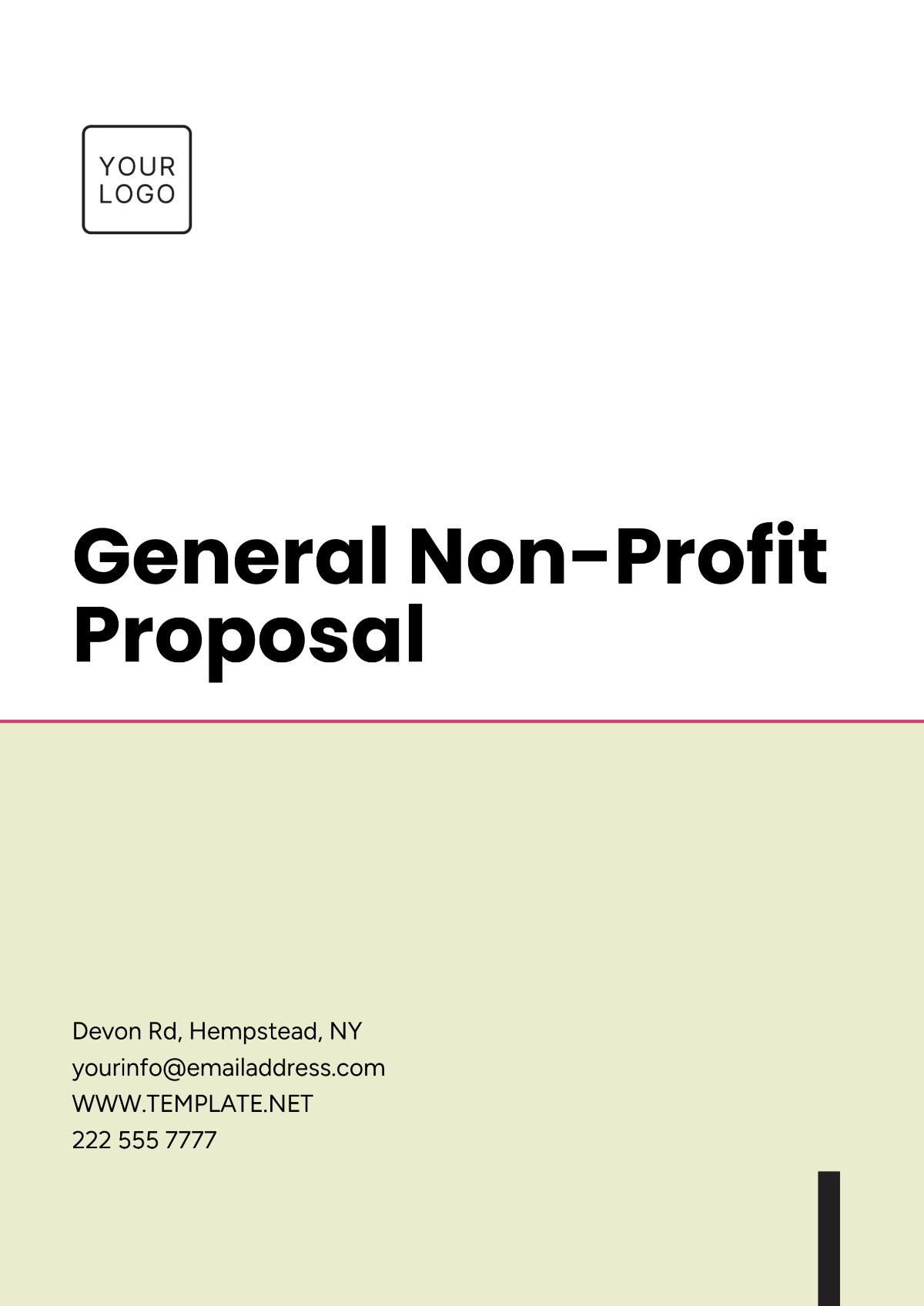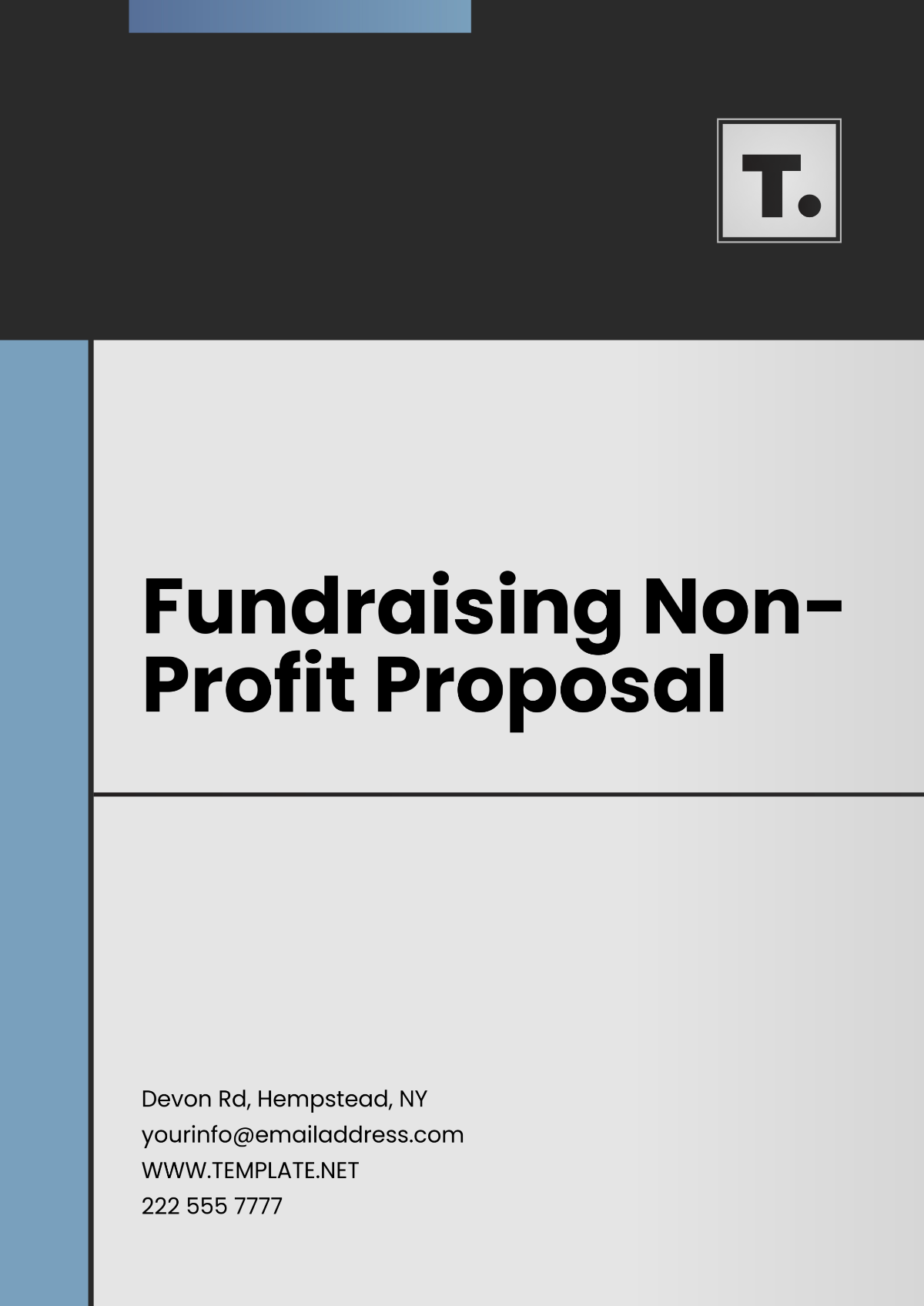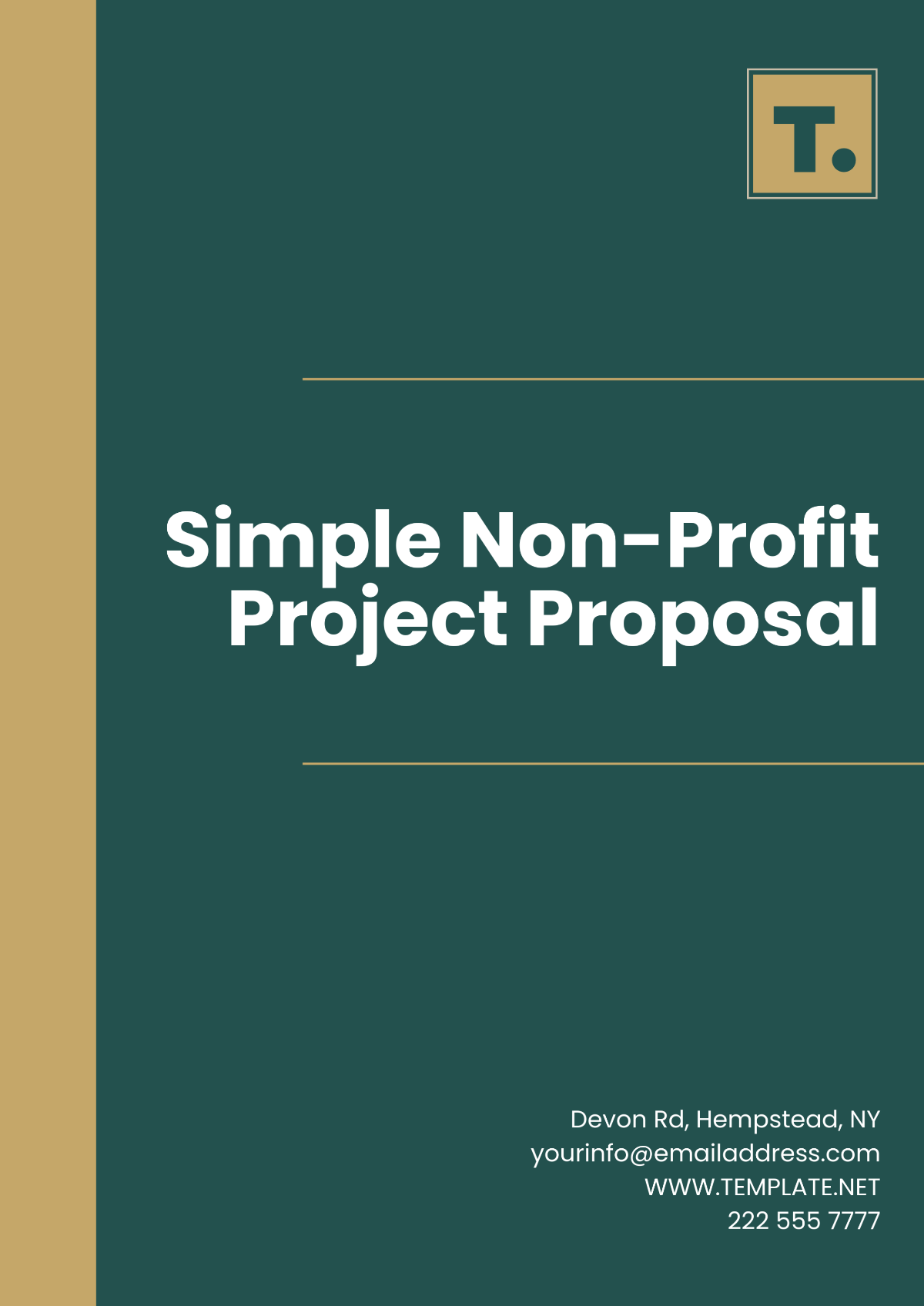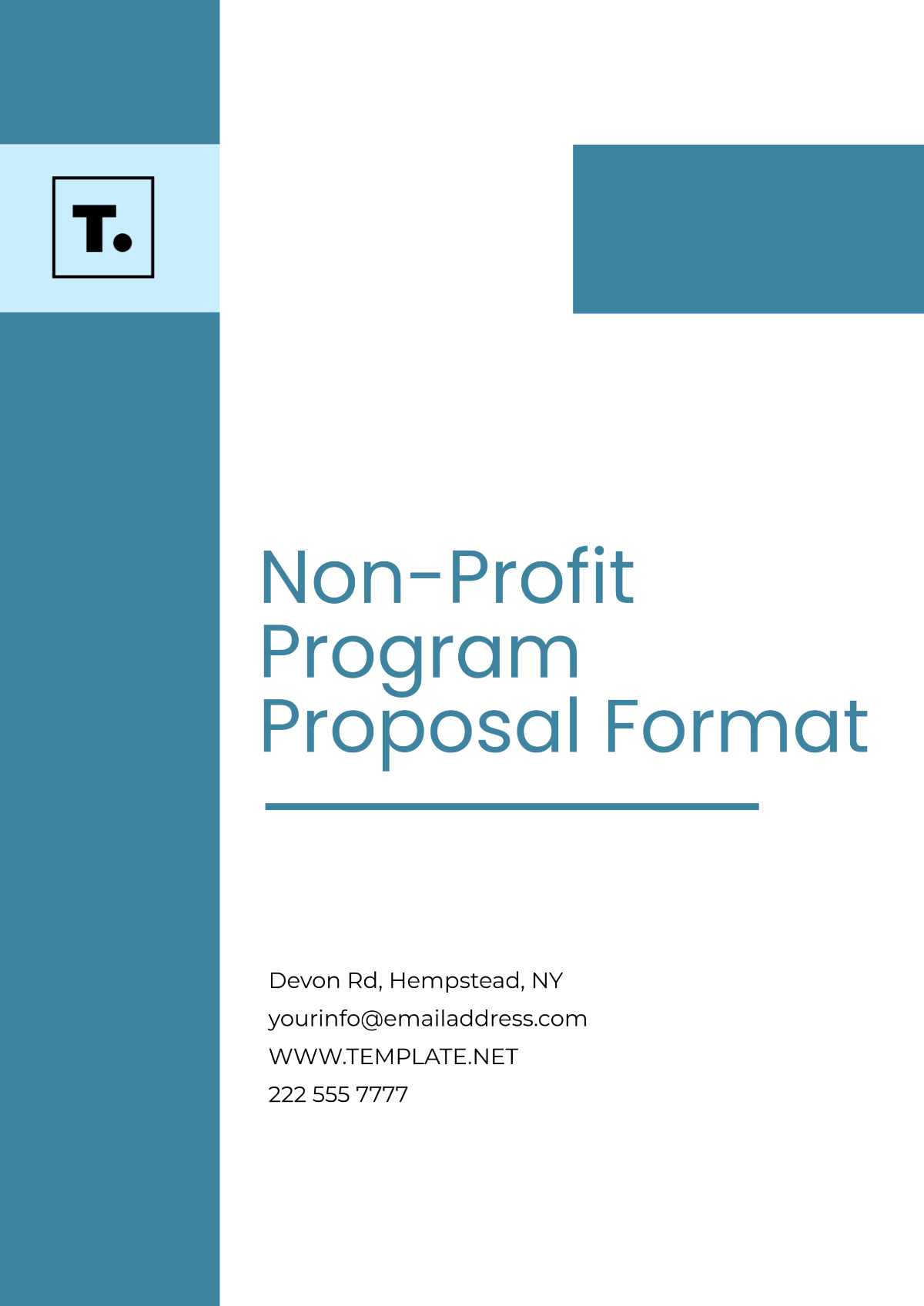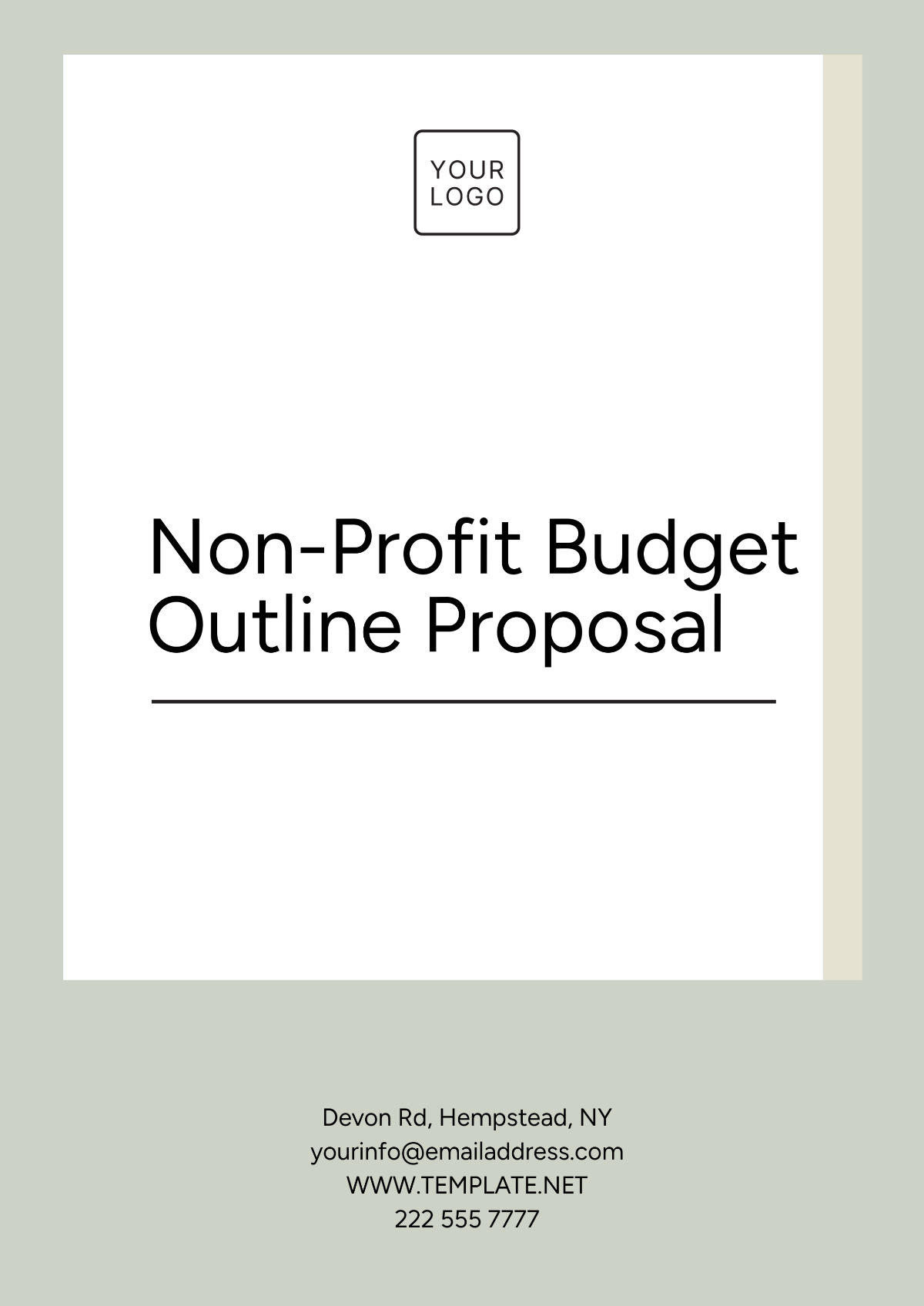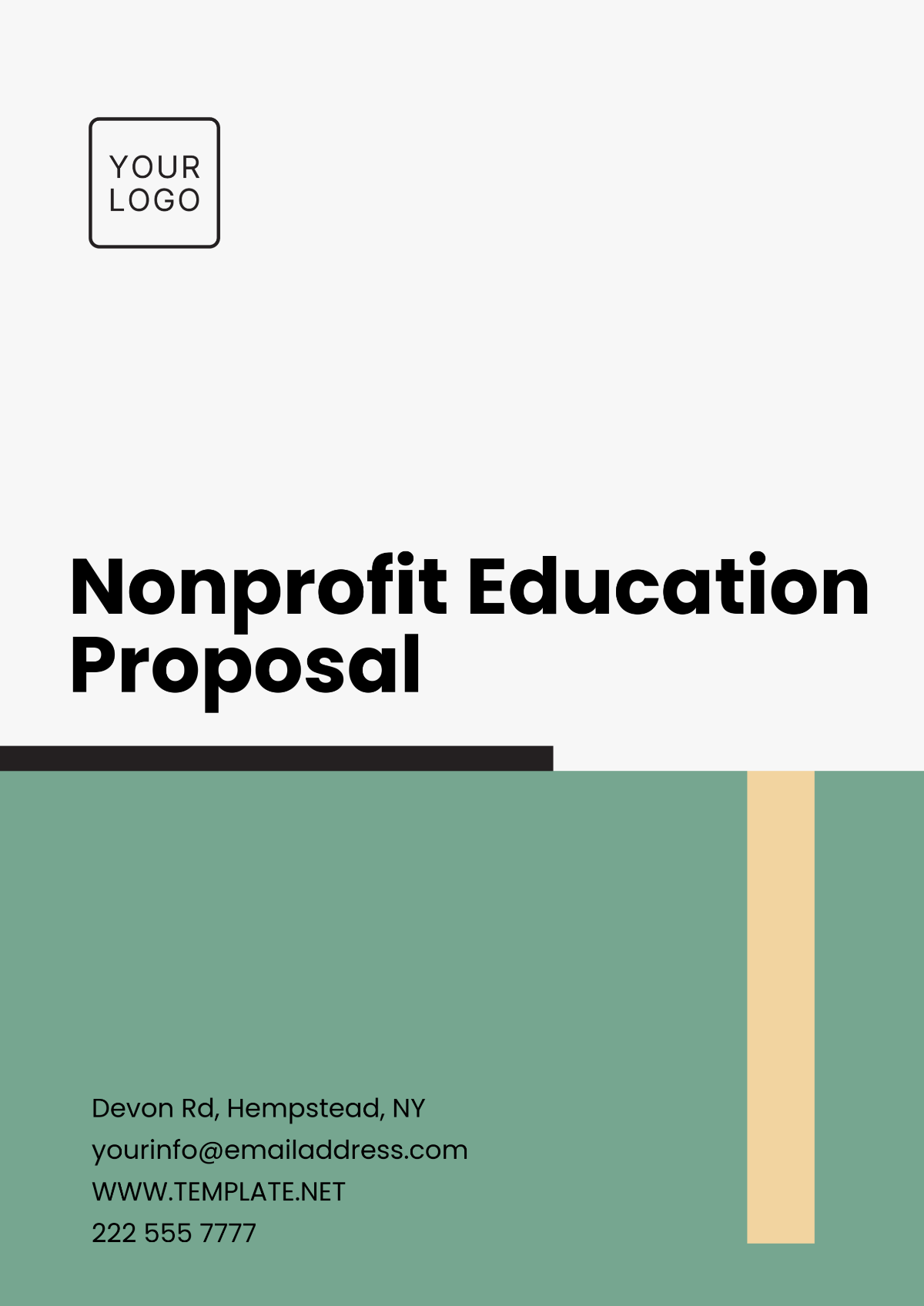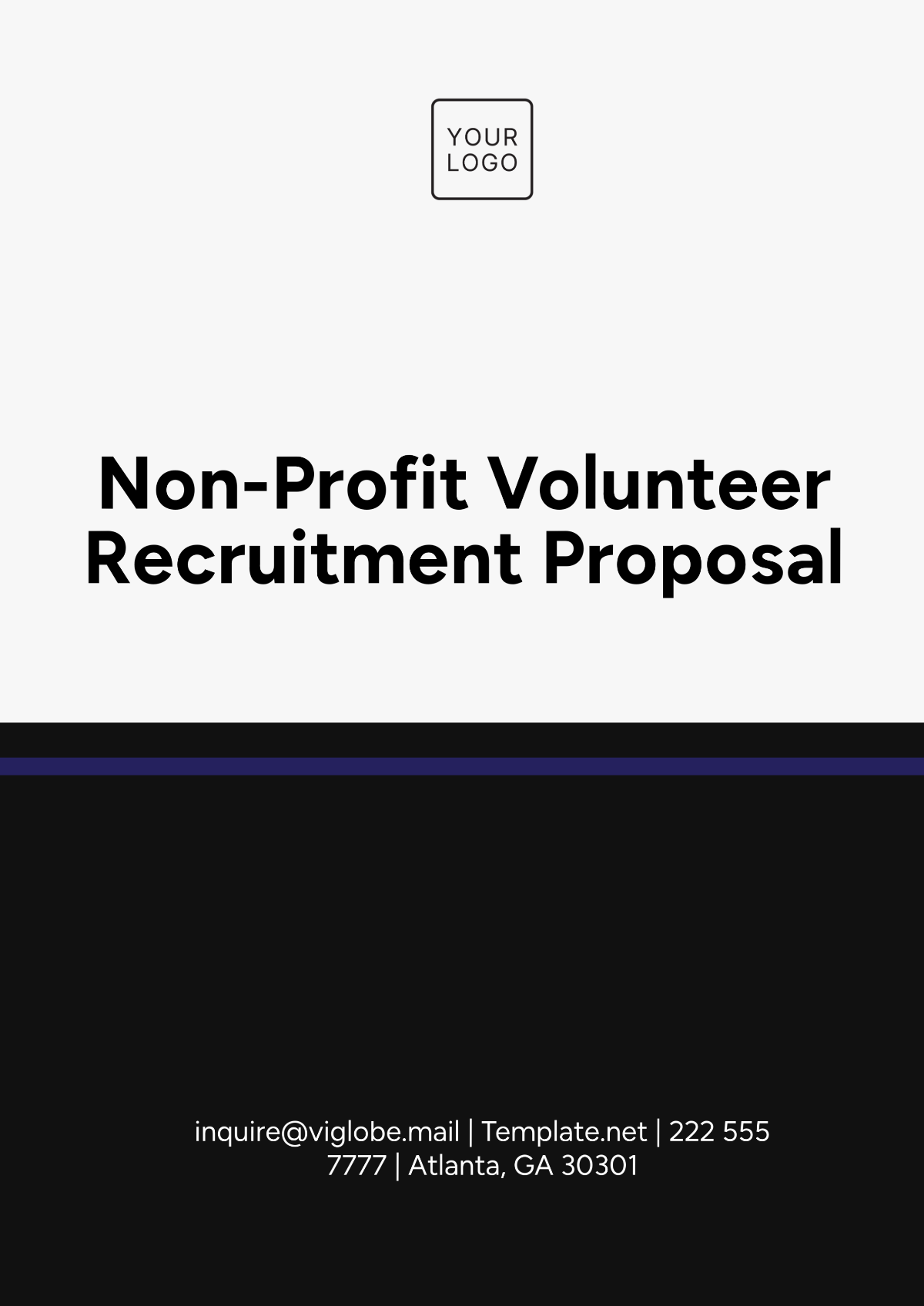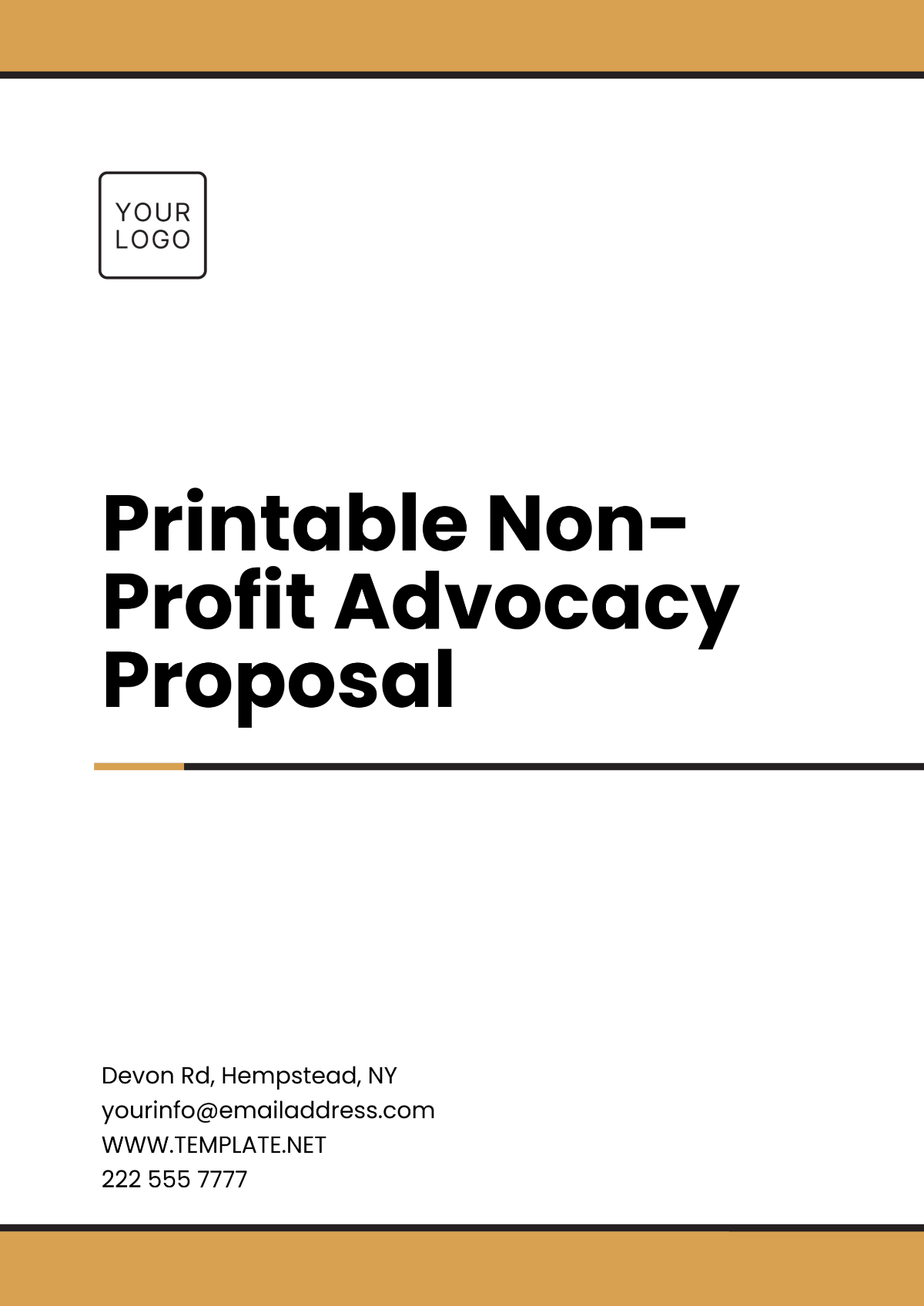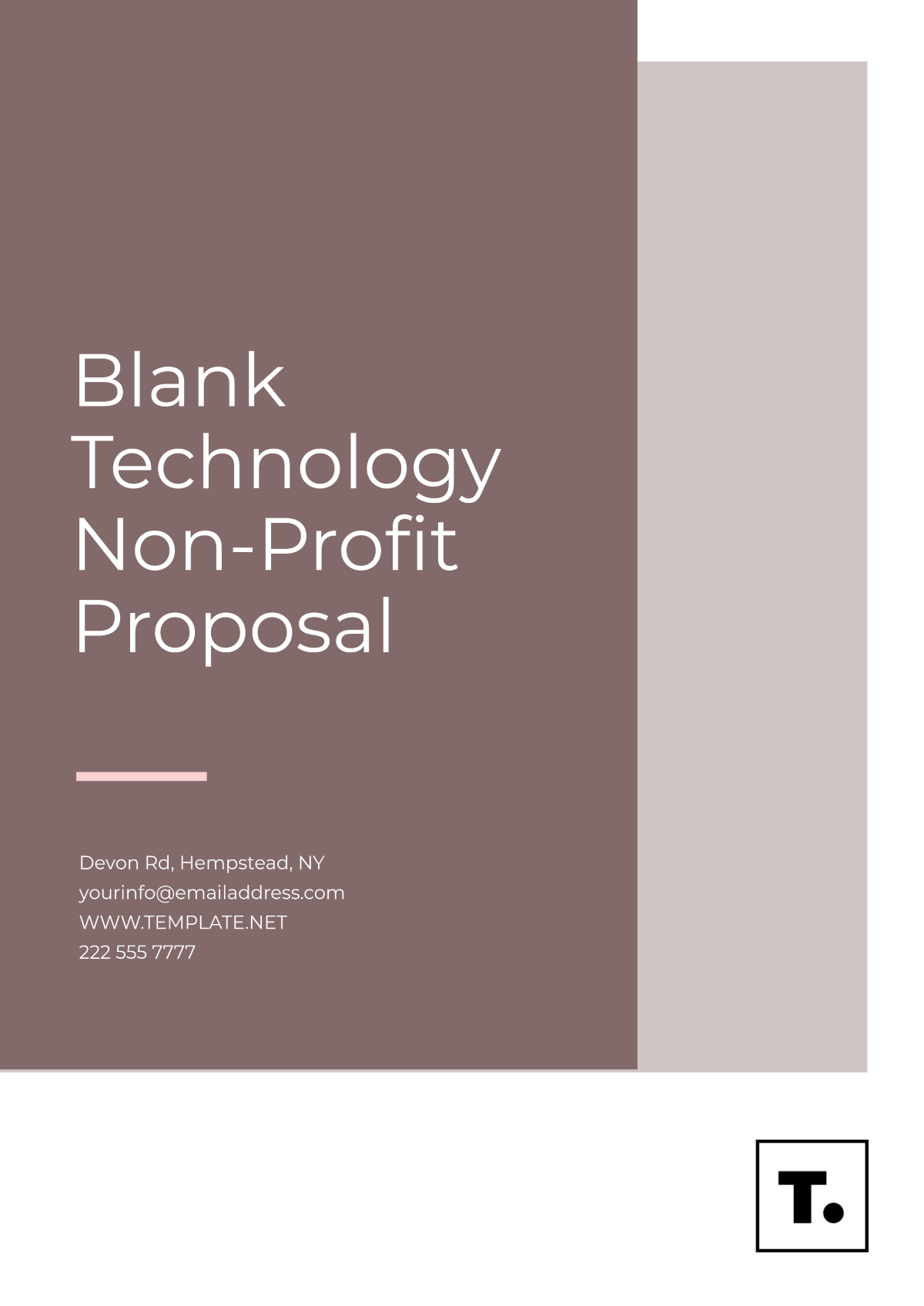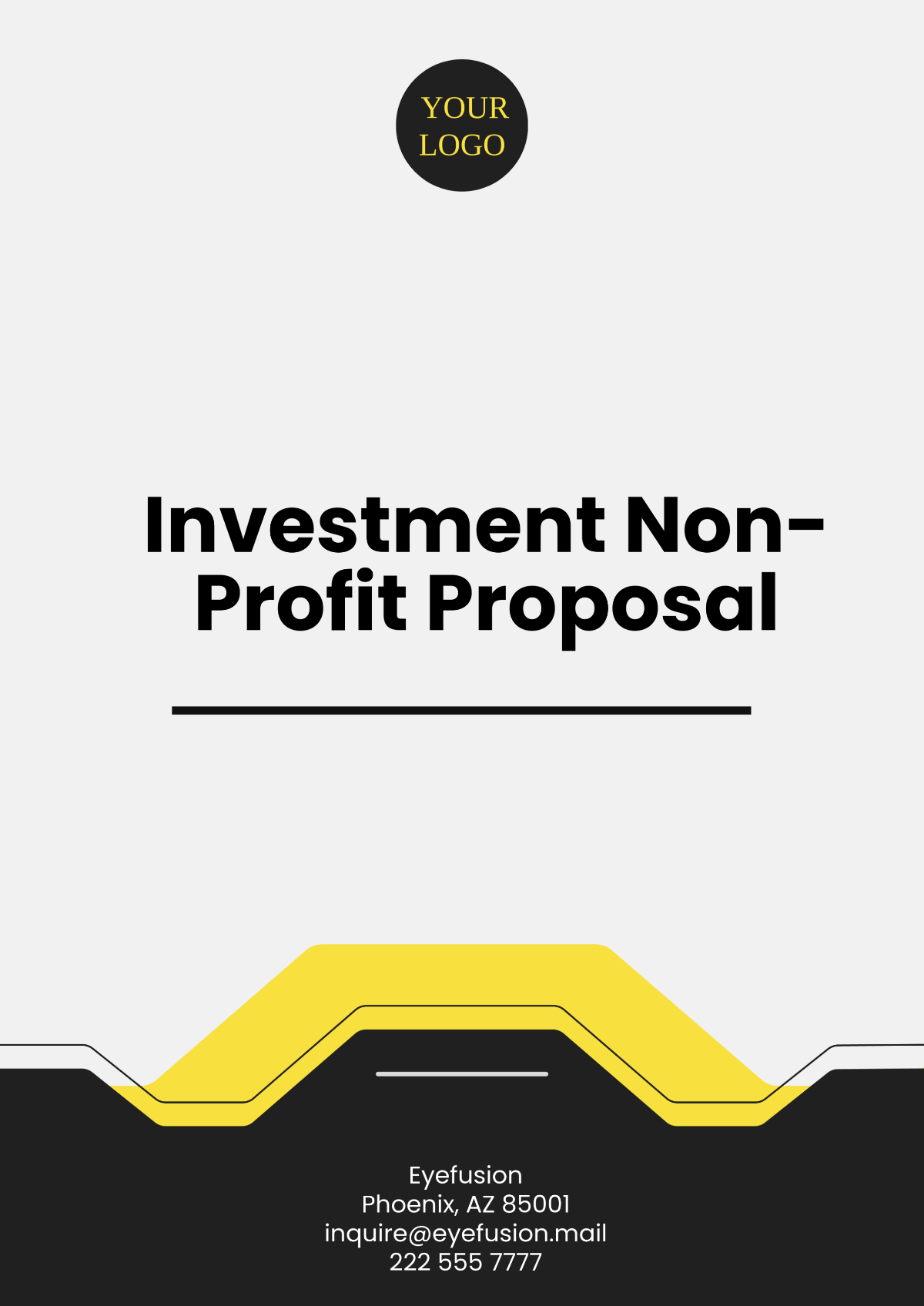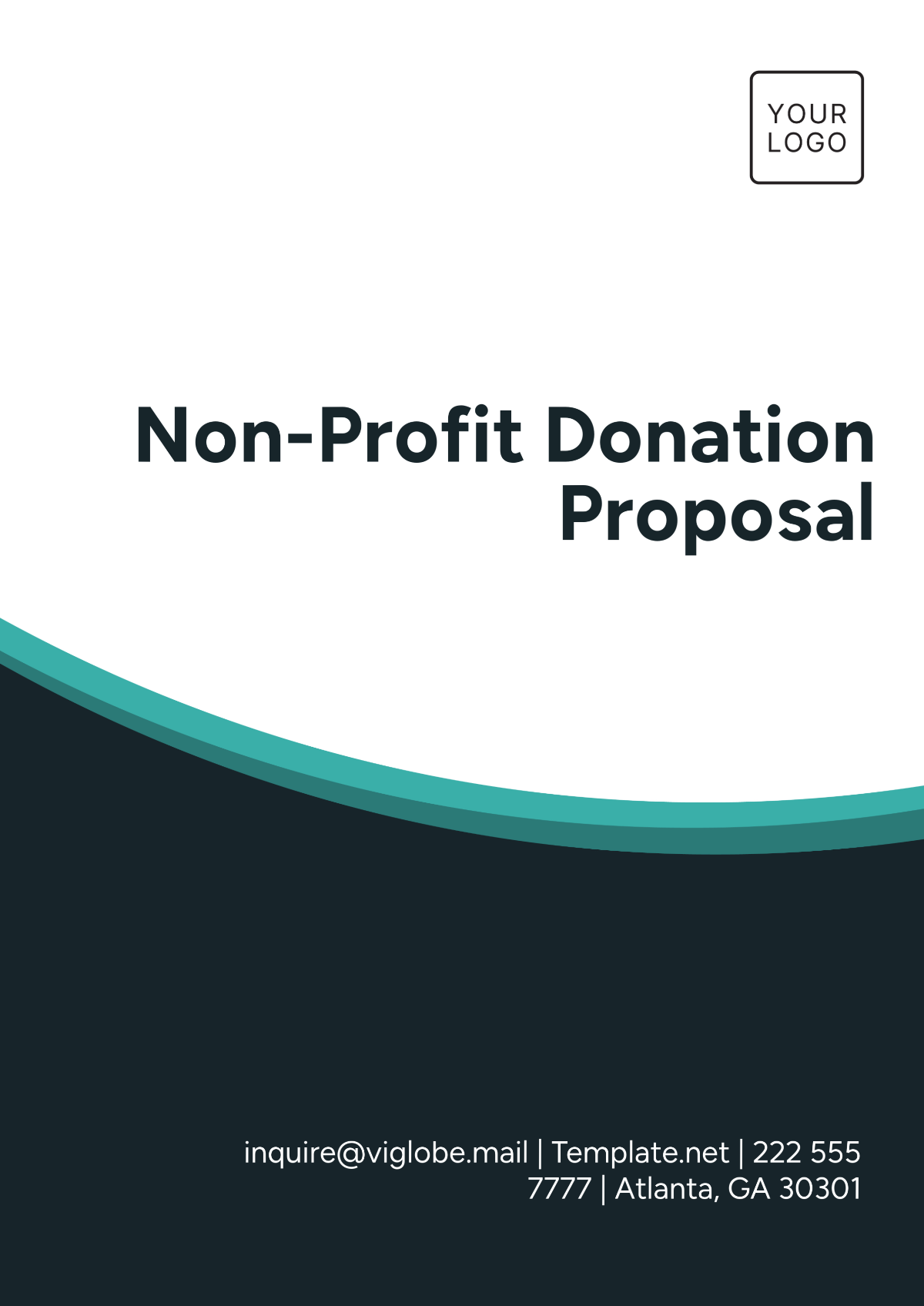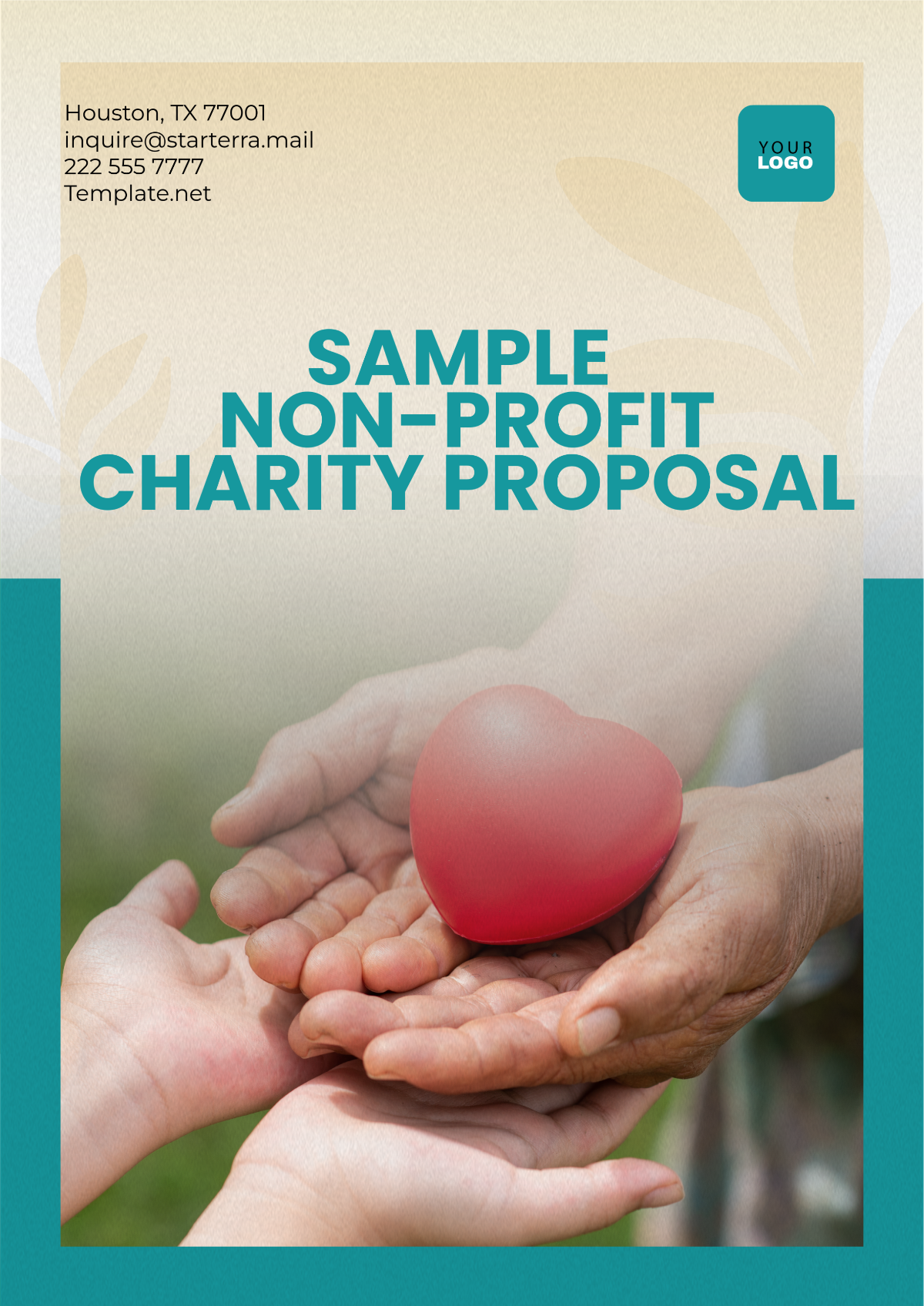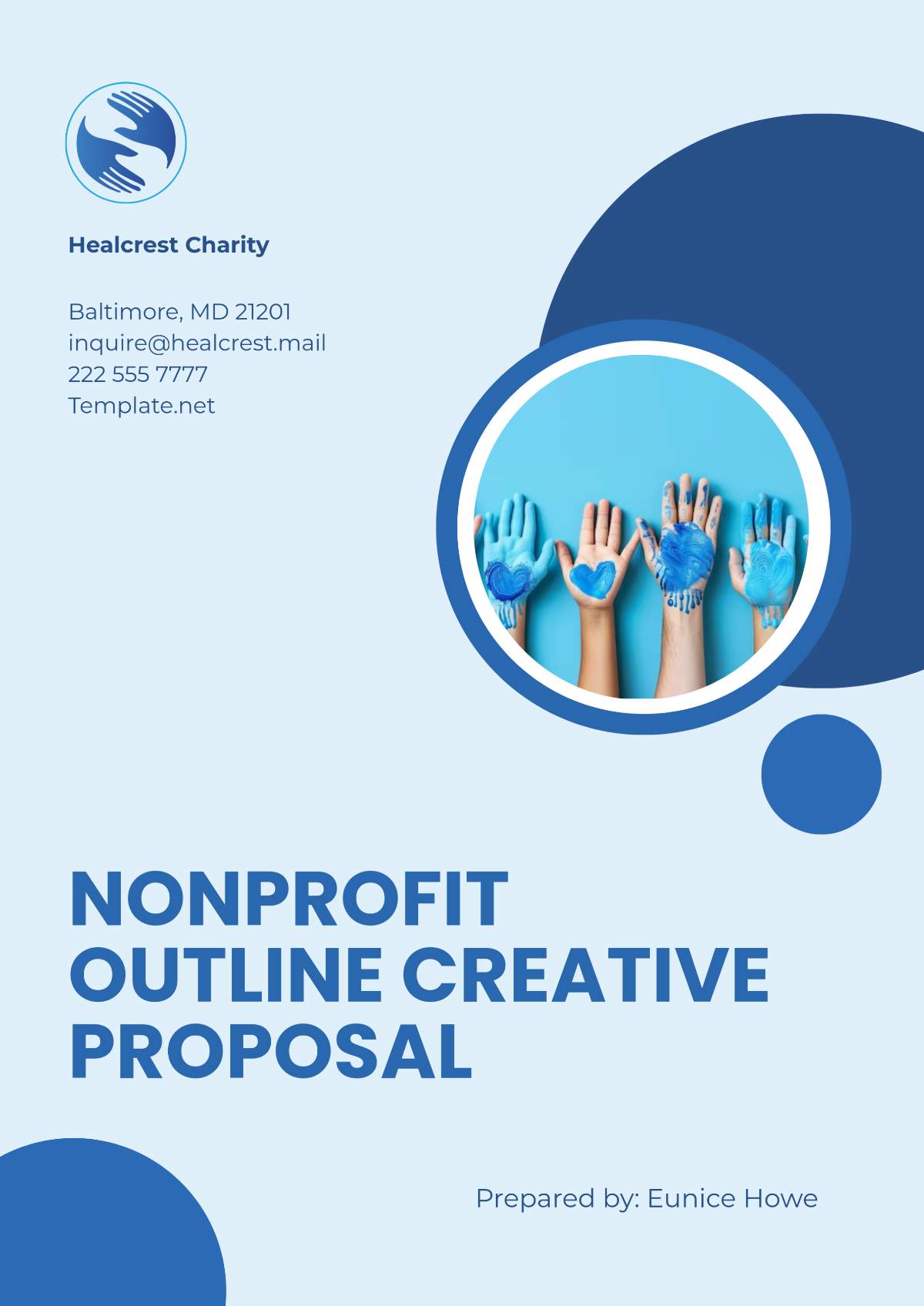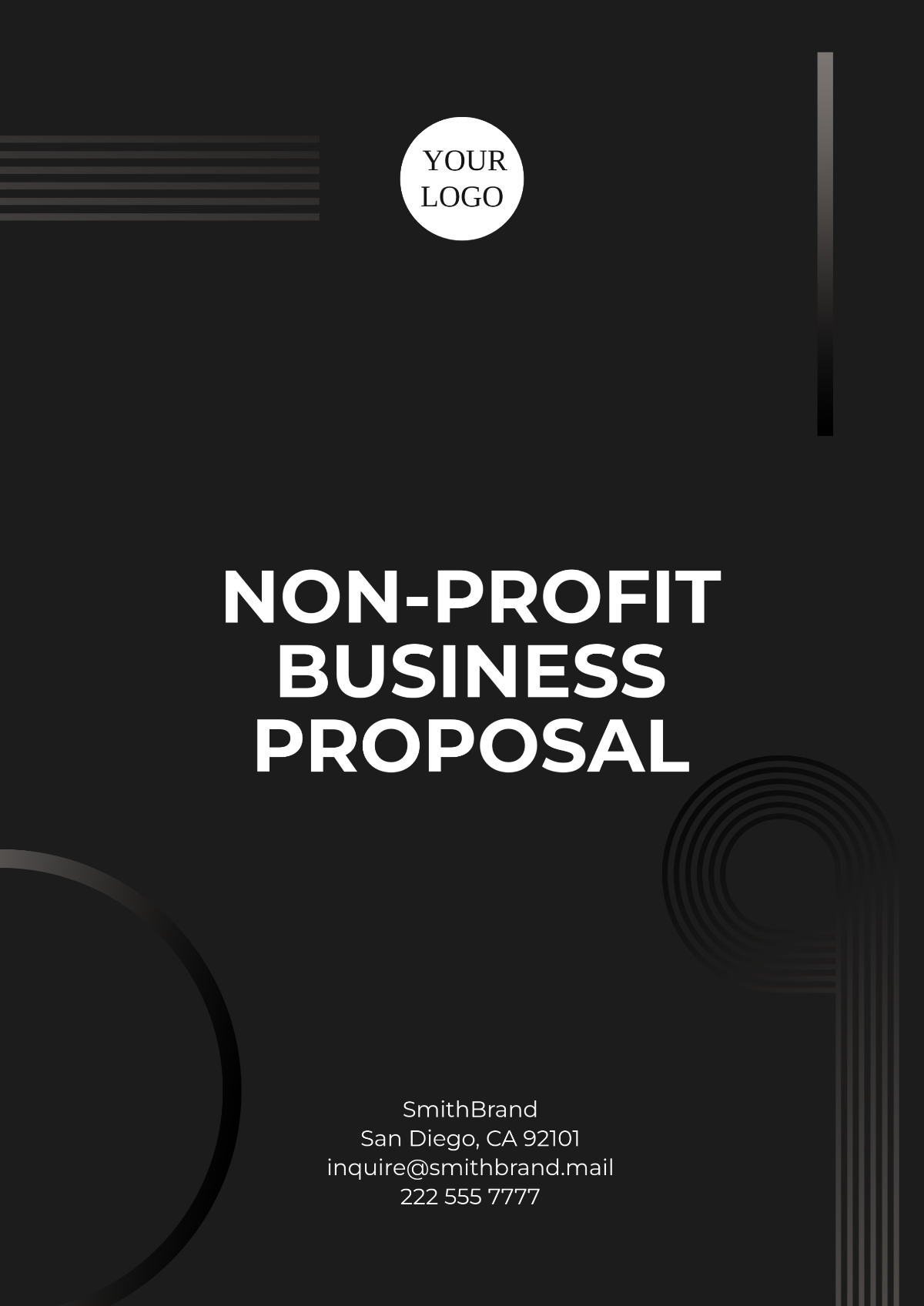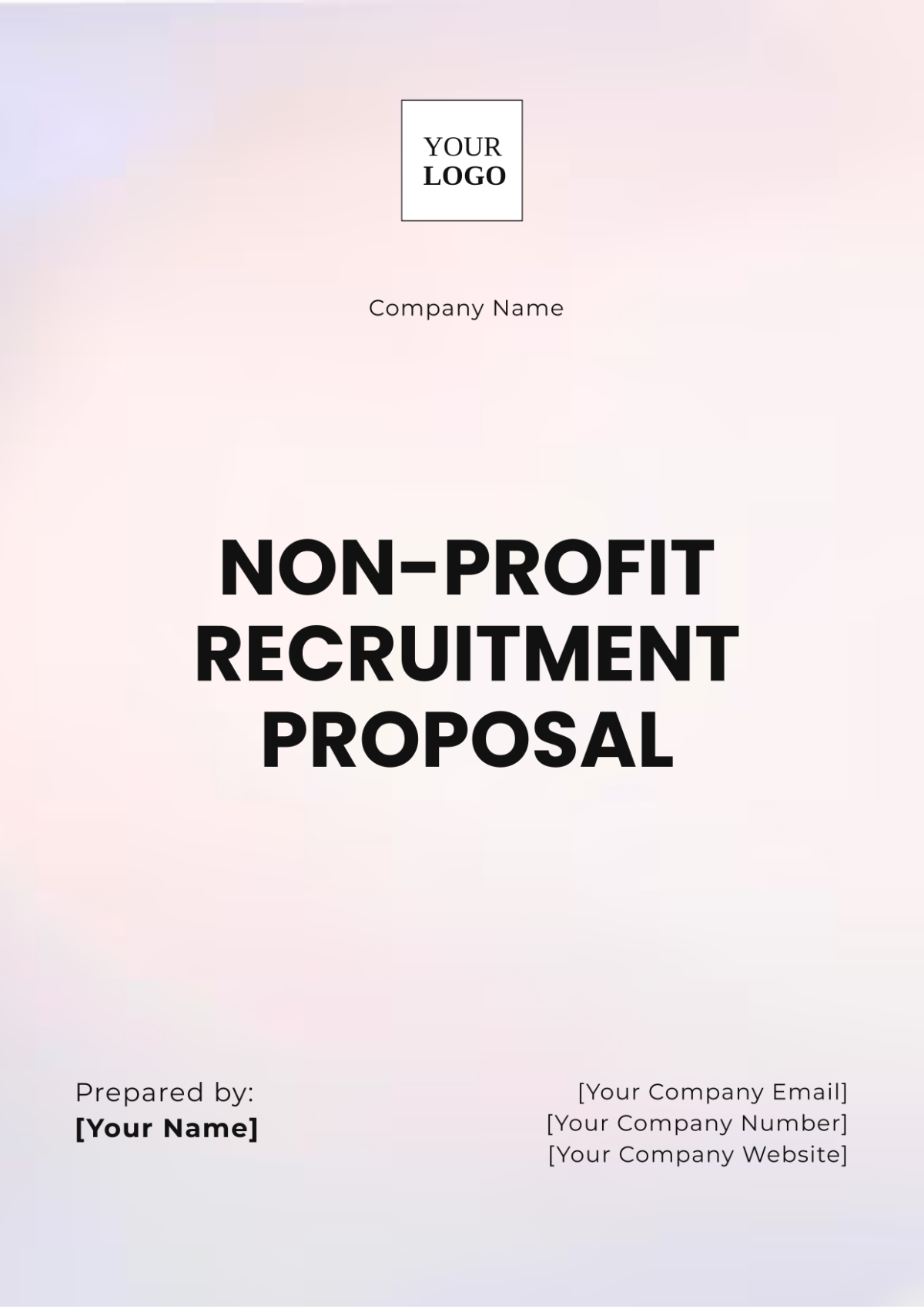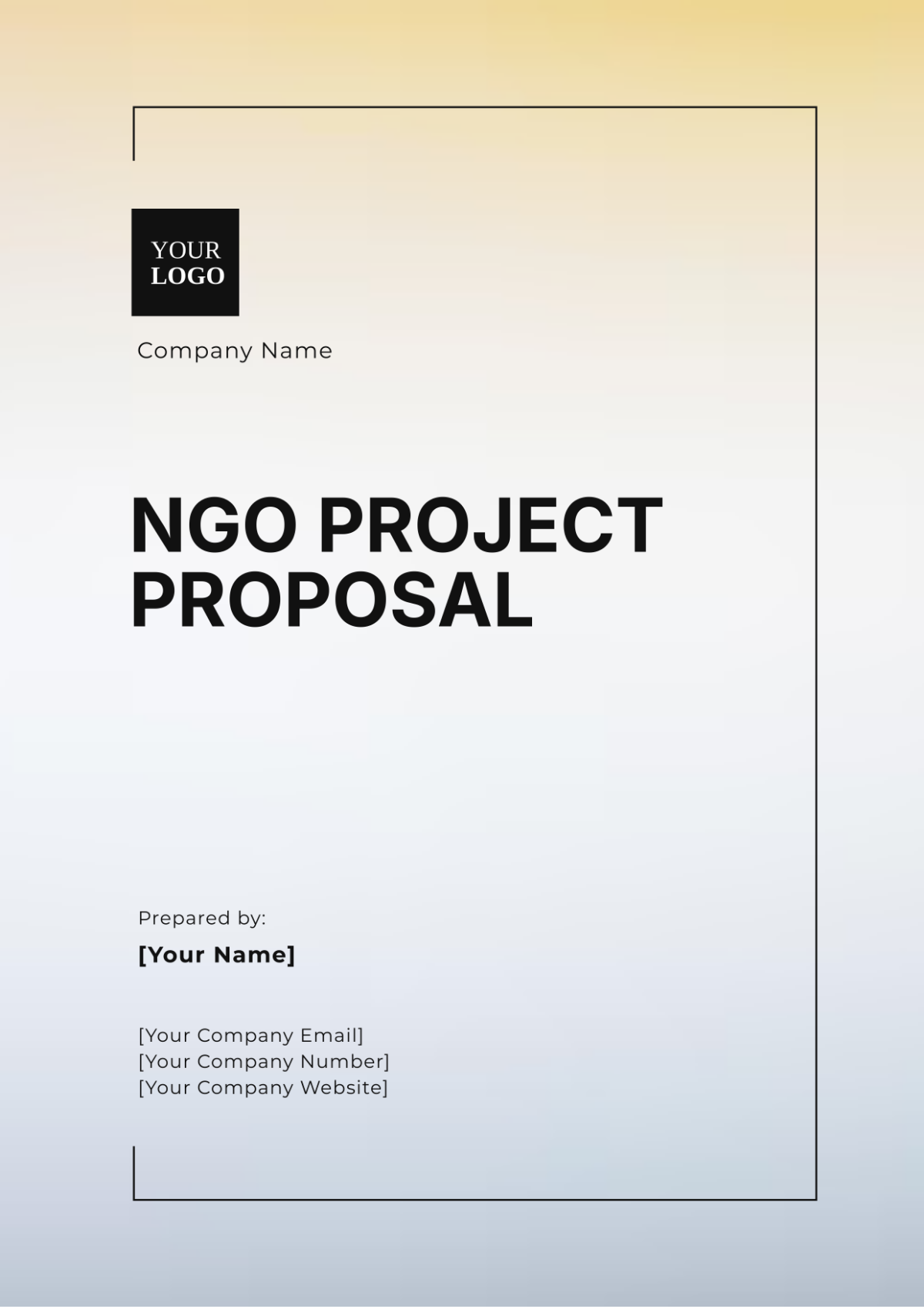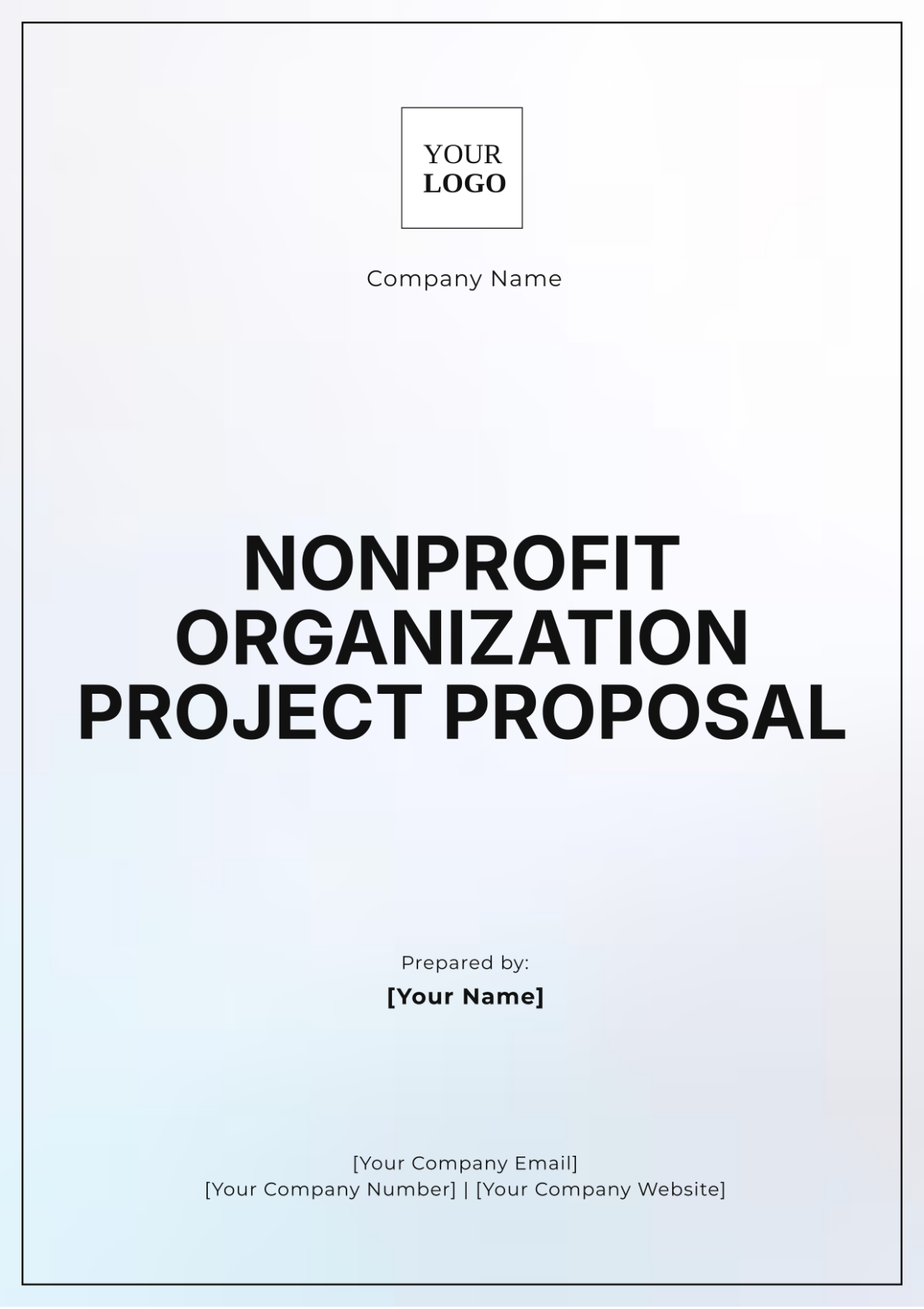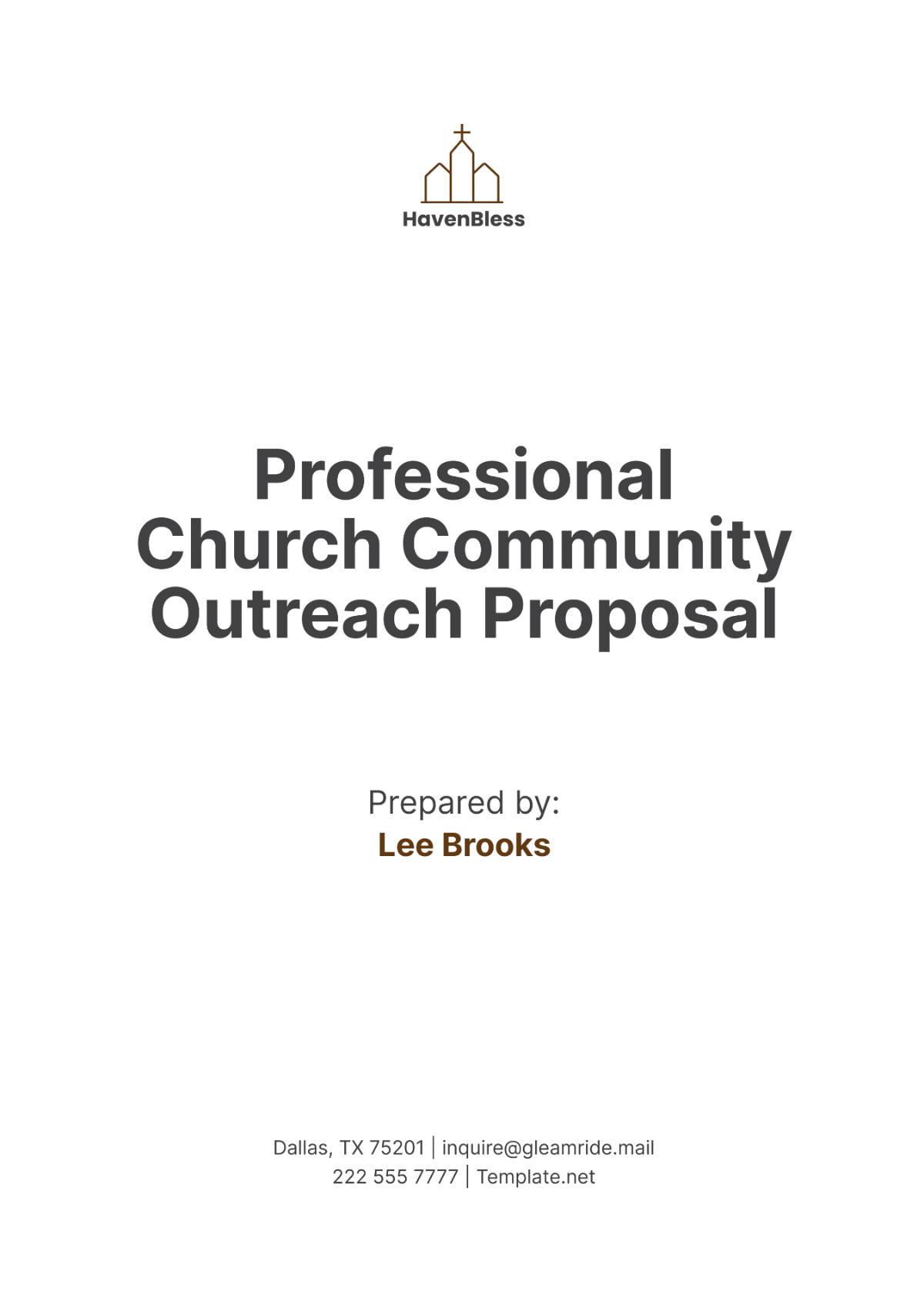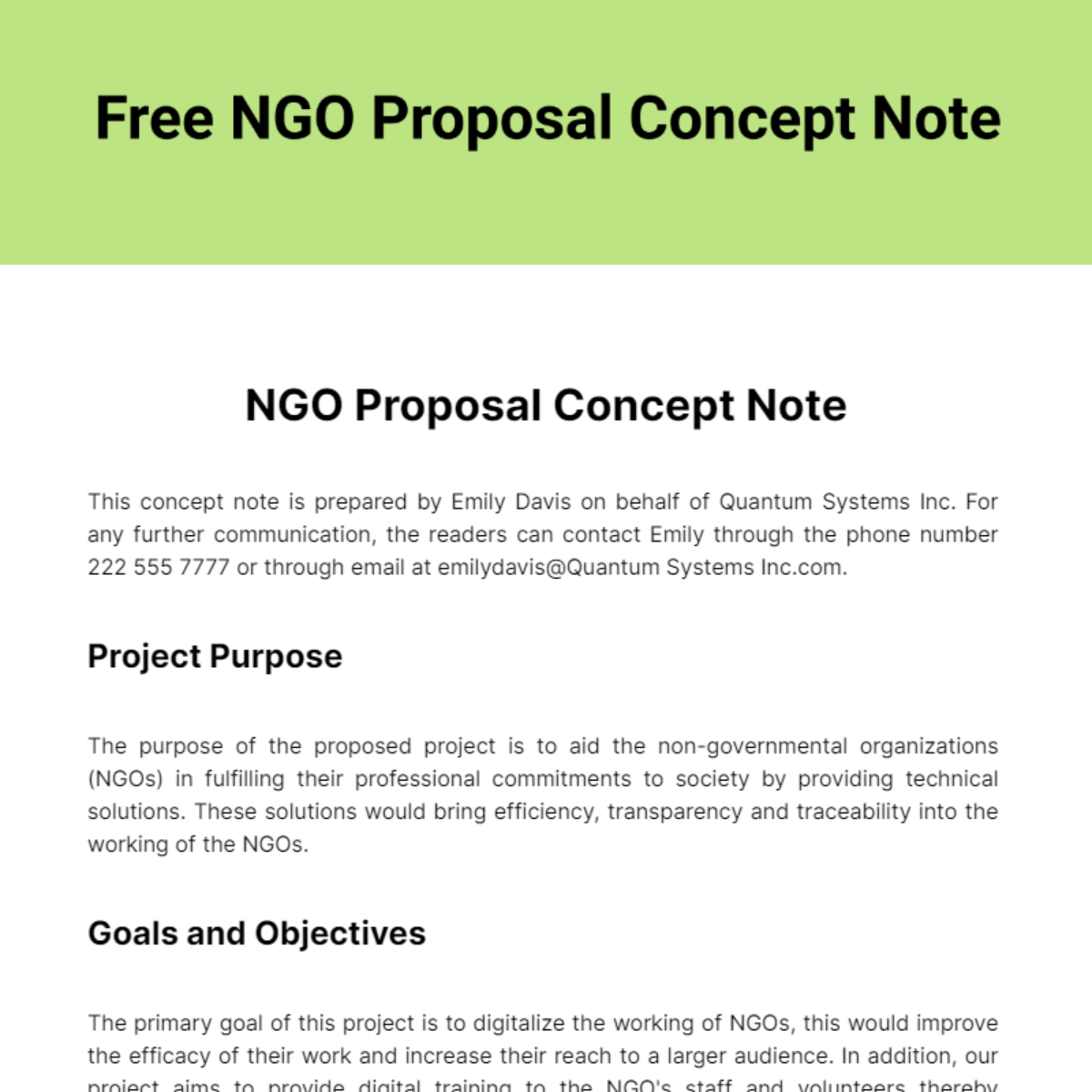NGO Project Proposal
1. Executive Summary
This project proposal outlines the "Clean Water for All" initiative, aimed at providing sustainable access to clean drinking water in rural communities of XYZ Country. The project will address the urgent need for clean water sources, which affects over 2 million residents. It includes specific objectives, a detailed budget of $250,000, and methods for evaluating impact, ensuring that stakeholders and funders understand the project's significance and potential outcomes.
2. Project Background
In XYZ Country, many rural communities rely on contaminated water sources, leading to widespread health issues, including cholera and other waterborne diseases. According to the World Health Organization, approximately 30% of these communities lack access to safe drinking water. Previous initiatives have provided temporary solutions, but long-term access remains elusive due to inadequate infrastructure and resources.
2.1 Problem Statement
The lack of access to clean water is a pressing issue that results in an estimated 5,000 deaths annually due to waterborne diseases. This project aims to reduce these statistics by improving water quality and accessibility through the construction of sustainable water filtration systems.
2.2 Context and Need
The target communities include Villages A, B, and C, which have populations of approximately 1,000 residents each. This project is crucial as it will not only improve health outcomes but also enhance educational opportunities, particularly for children who often miss school due to illness.
3. Project Objectives
The project has three primary objectives that adhere to the SMART criteria:
Objective 1: Construct three community-operated water filtration systems by the end of Q2 2025, serving a minimum of 3,000 residents.
Objective 2: Conduct community training sessions for 100 residents on water safety and maintenance of filtration systems by Q3 2025.
Objective 3: Achieve a 50% reduction in waterborne diseases in the targeted villages within one year of project completion, as measured by local health reports.
4. Project Implementation
The implementation plan includes a phased approach, commencing with community assessments and culminating in the establishment of filtration systems.
4.1 Activities and Milestones
Activity | Milestone | Timeline |
|---|---|---|
Conduct community assessments | Completion of needs assessment | Month 1 |
Secure permits and site approvals | All necessary permits obtained | Month 2 |
Construct water filtration systems | Systems operational in all villages | Month 5 |
Host training sessions on maintenance | 100 residents trained | Month 6 |
4.2 Resources and Responsibilities
The project will require:
Personnel: 1 Project Manager, 3 Field Engineers, 2 Health Educators
Materials: Water filtration systems, training materials, transportation for staff
Responsibilities will be distributed as follows:
Project Manager: Oversee all project activities and liaise with stakeholders.
Field Engineers: Lead the construction and installation of filtration systems.
Health Educators: Conduct training sessions for community members.
5. Monitoring and Evaluation
Monitoring will occur bi-monthly, focusing on system functionality and health outcomes.
5.1 Indicators of Success
KPI 1: Percentage of households with access to clean water (target: 100%).
KPI 2: Number of residents trained on water safety (target: 100 residents).
KPI 3: Reduction in reported cases of waterborne diseases (target: 50% reduction).
5.2 Evaluation Methods
Evaluation will include:
Surveys to assess water quality pre- and post-installation.
Health data collection from local health clinics.
Community feedback sessions to gauge satisfaction and areas for improvement.
6. Budget
A detailed budget breakdown for the project is outlined below:
Expense Category | Amount | Description |
|---|---|---|
Personnel | $100,000 | Salaries for project staff for one year |
Construction Materials | $100,000 | Purchase of water filtration systems |
Training and Community Engagement | $30,000 | Workshops and educational materials |
Monitoring and Evaluation | $20,000 | Tools and personnel for evaluation activities |
7. Sustainability Plan
To ensure the longevity of the project's impact, the following strategies will be implemented:
Community Management Committees: Establish local committees responsible for the upkeep of filtration systems.
Partnerships: Forge partnerships with local governments and NGOs for ongoing funding and support.
Continued Training: Provide annual refresher training sessions to ensure community members maintain their knowledge.
8. Conclusion
This project proposal emphasizes the critical need for clean drinking water in rural communities of XYZ Country. By securing the necessary funding and support, the "Clean Water for All" initiative can significantly reduce health risks and improve the quality of life for over 3,000 residents. We urge stakeholders and funders to join us in this vital effort to create a healthier, more sustainable future for these communities.
